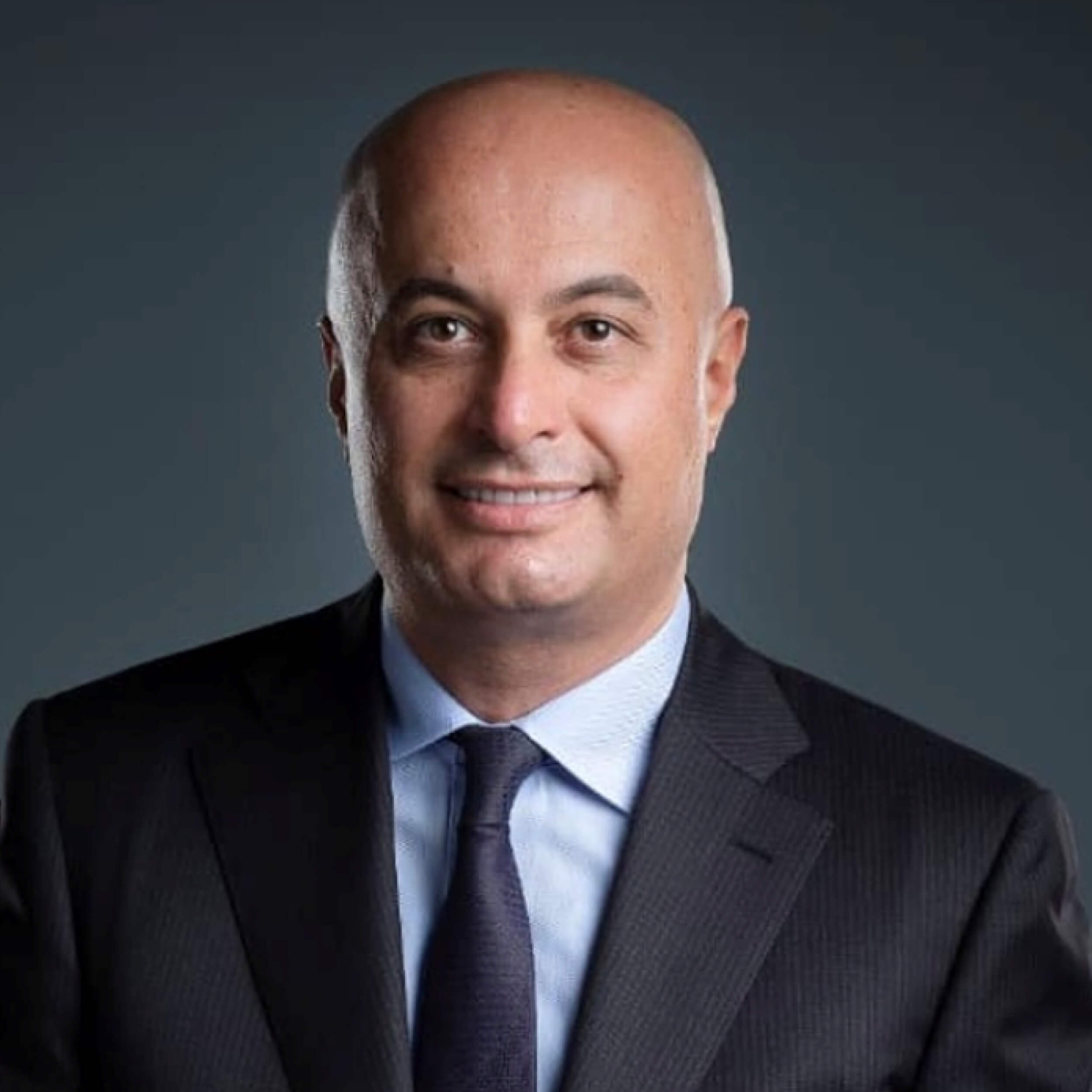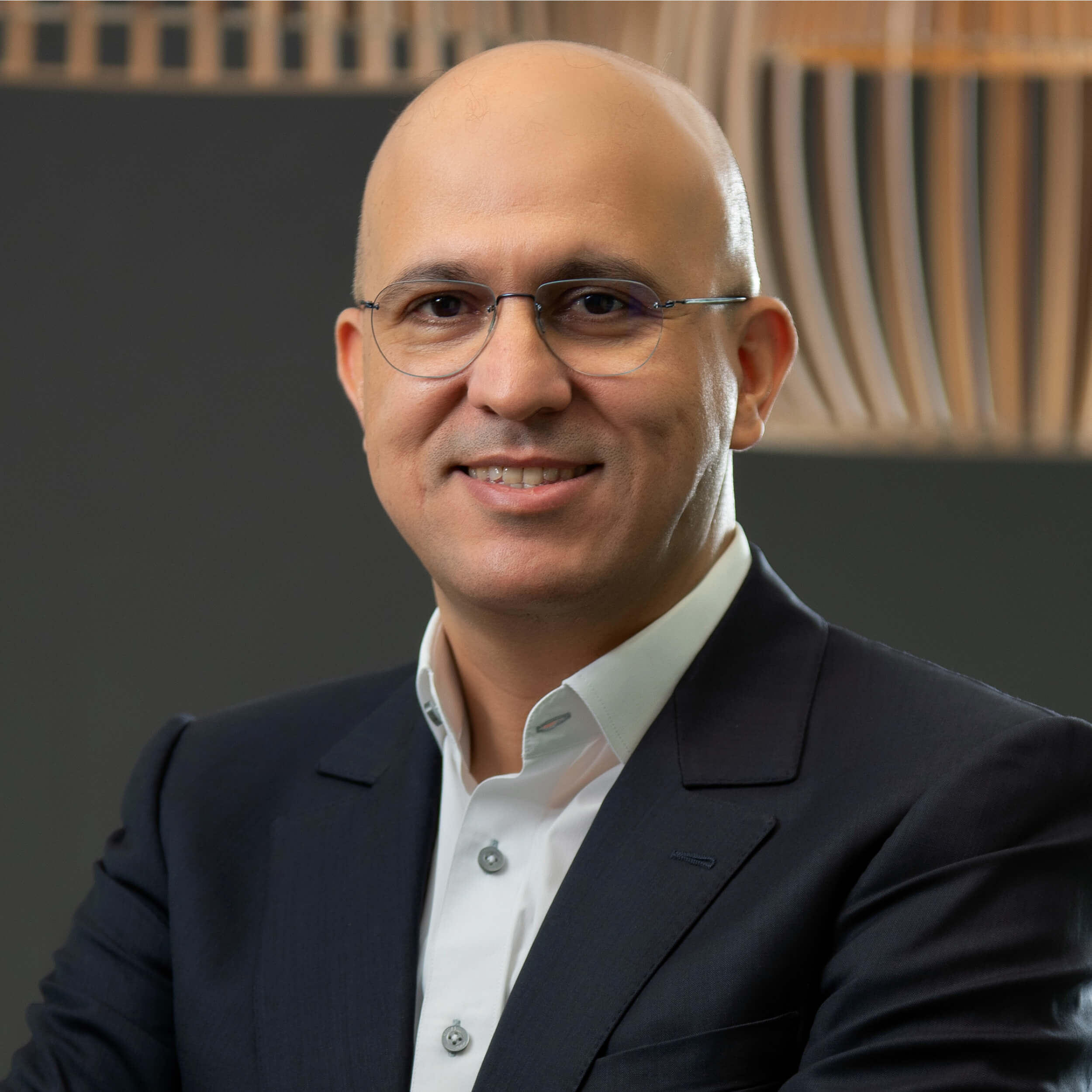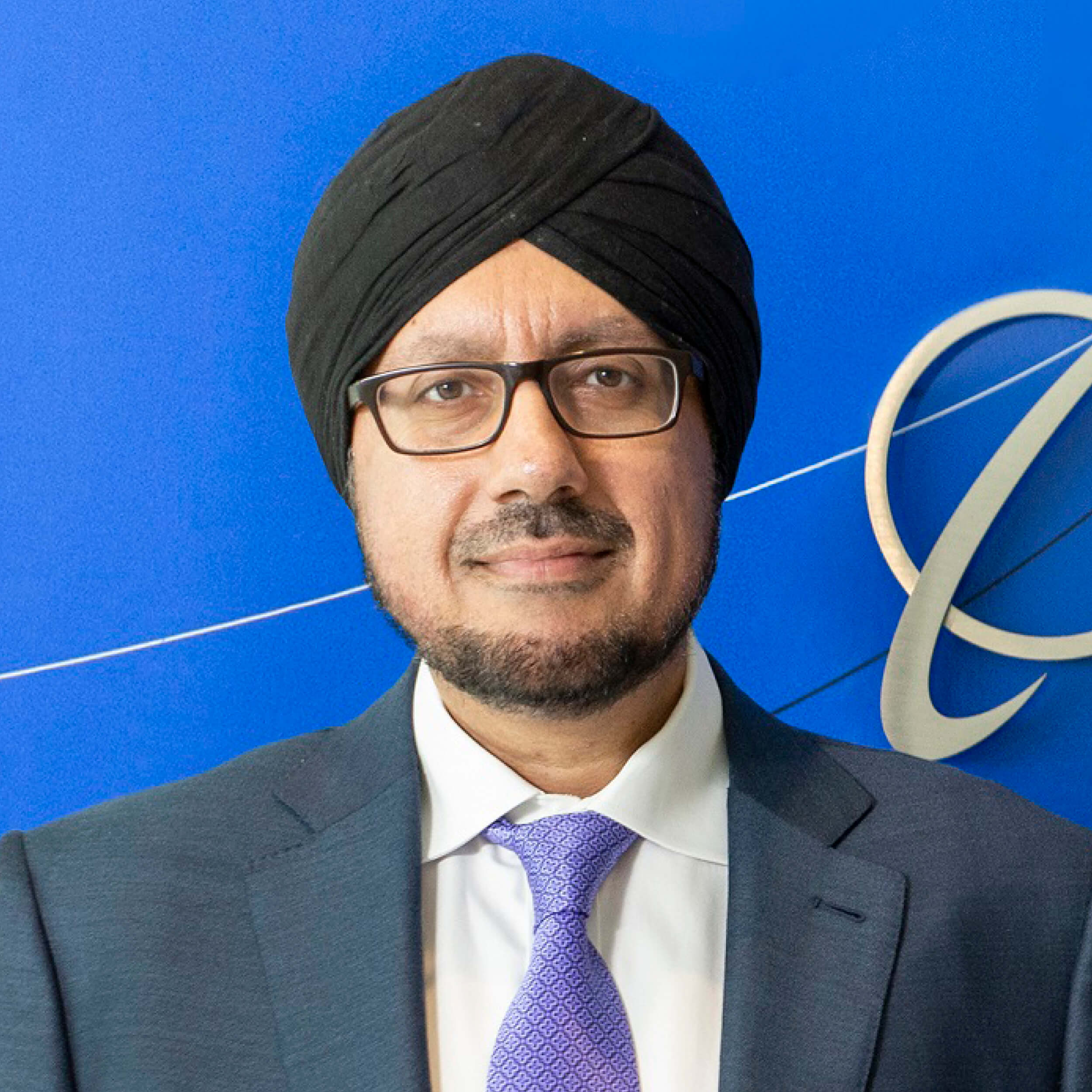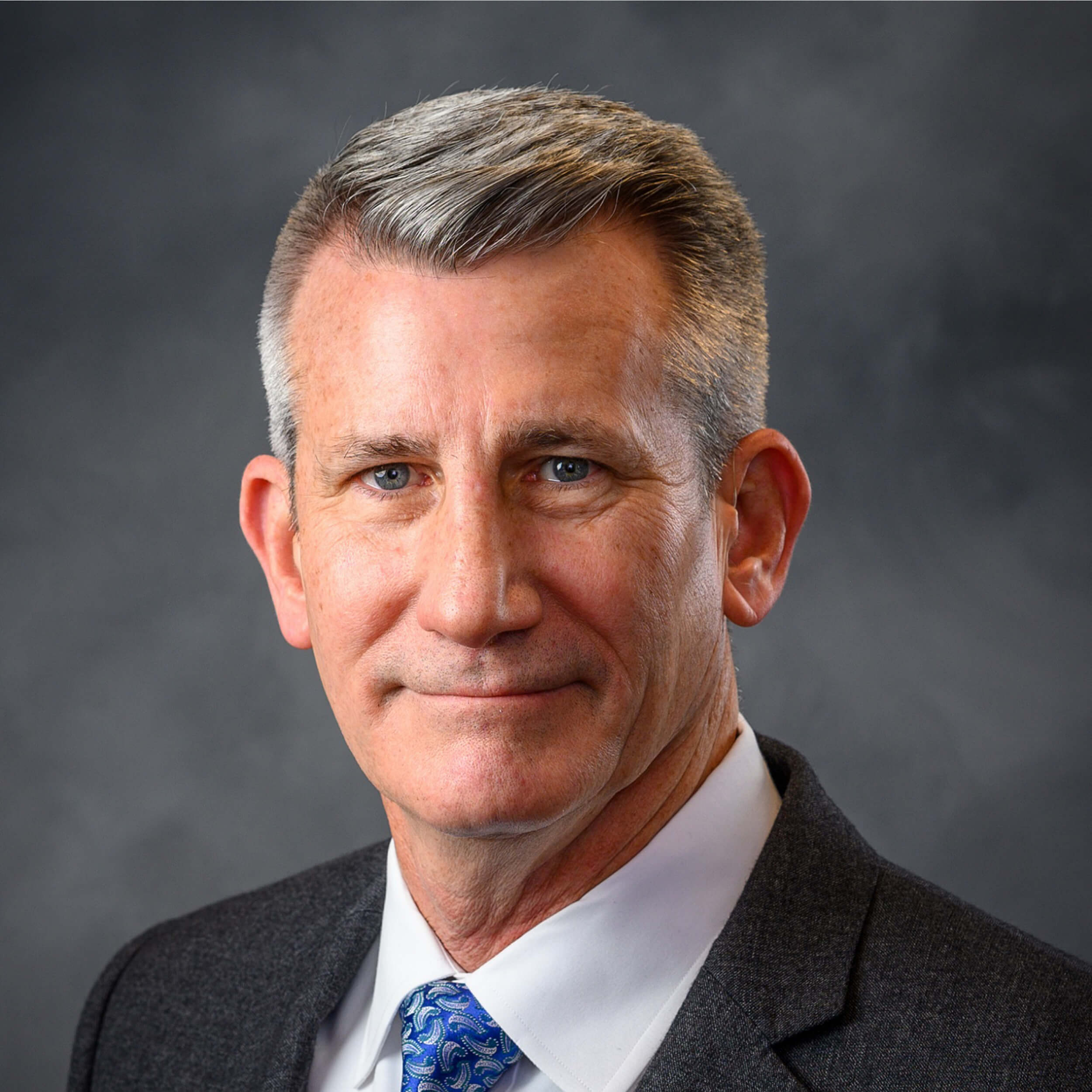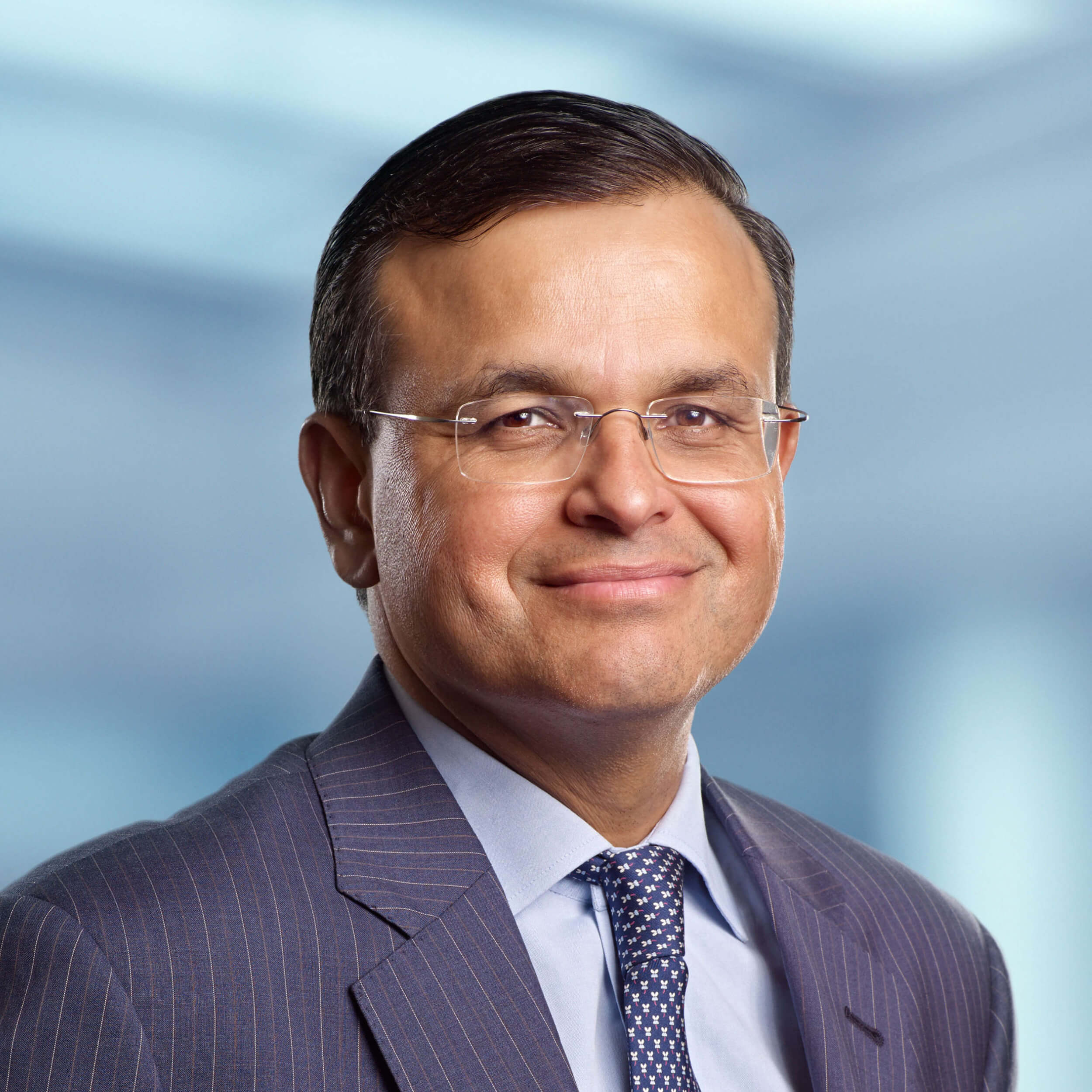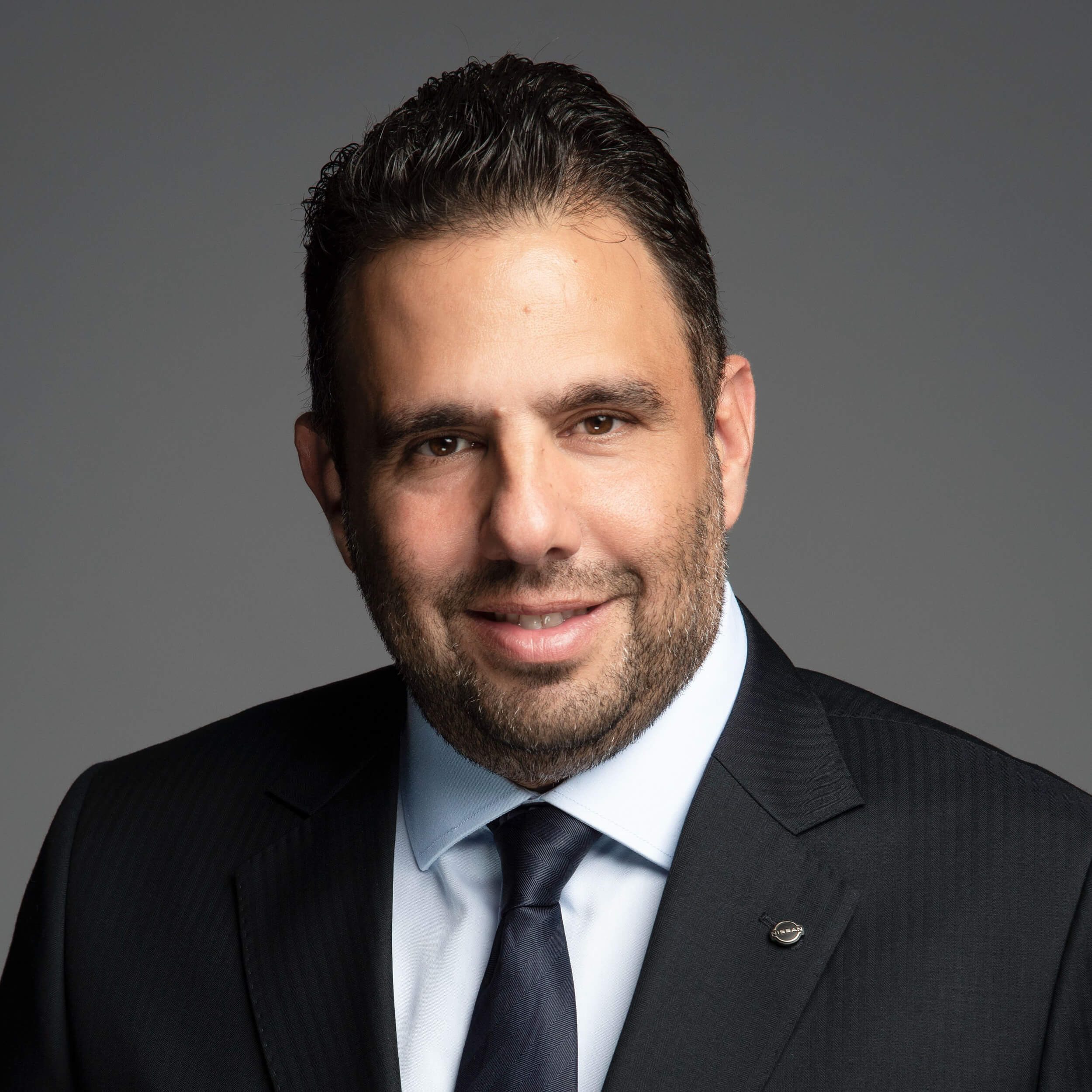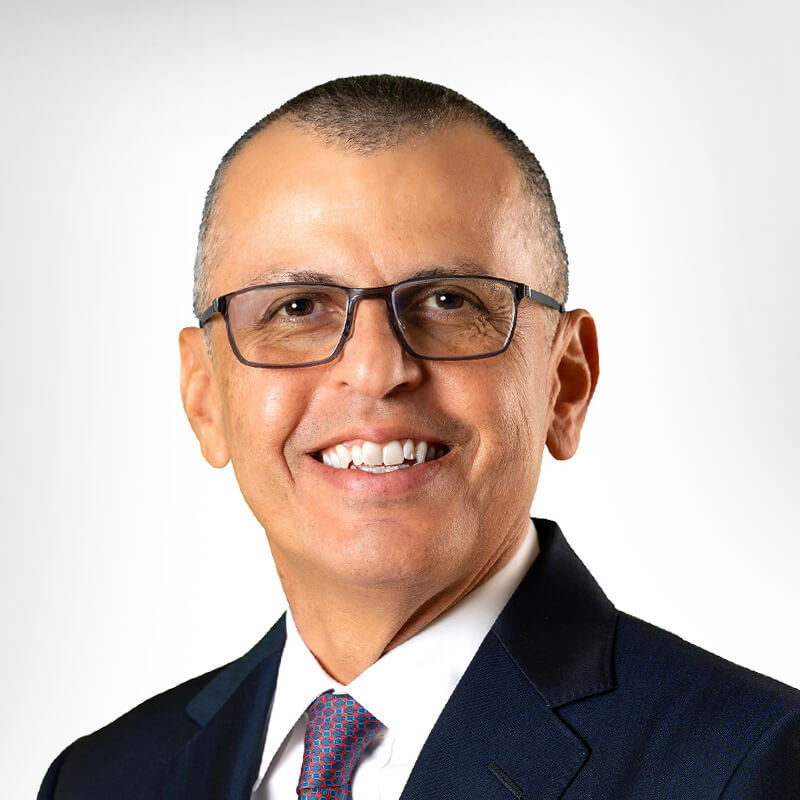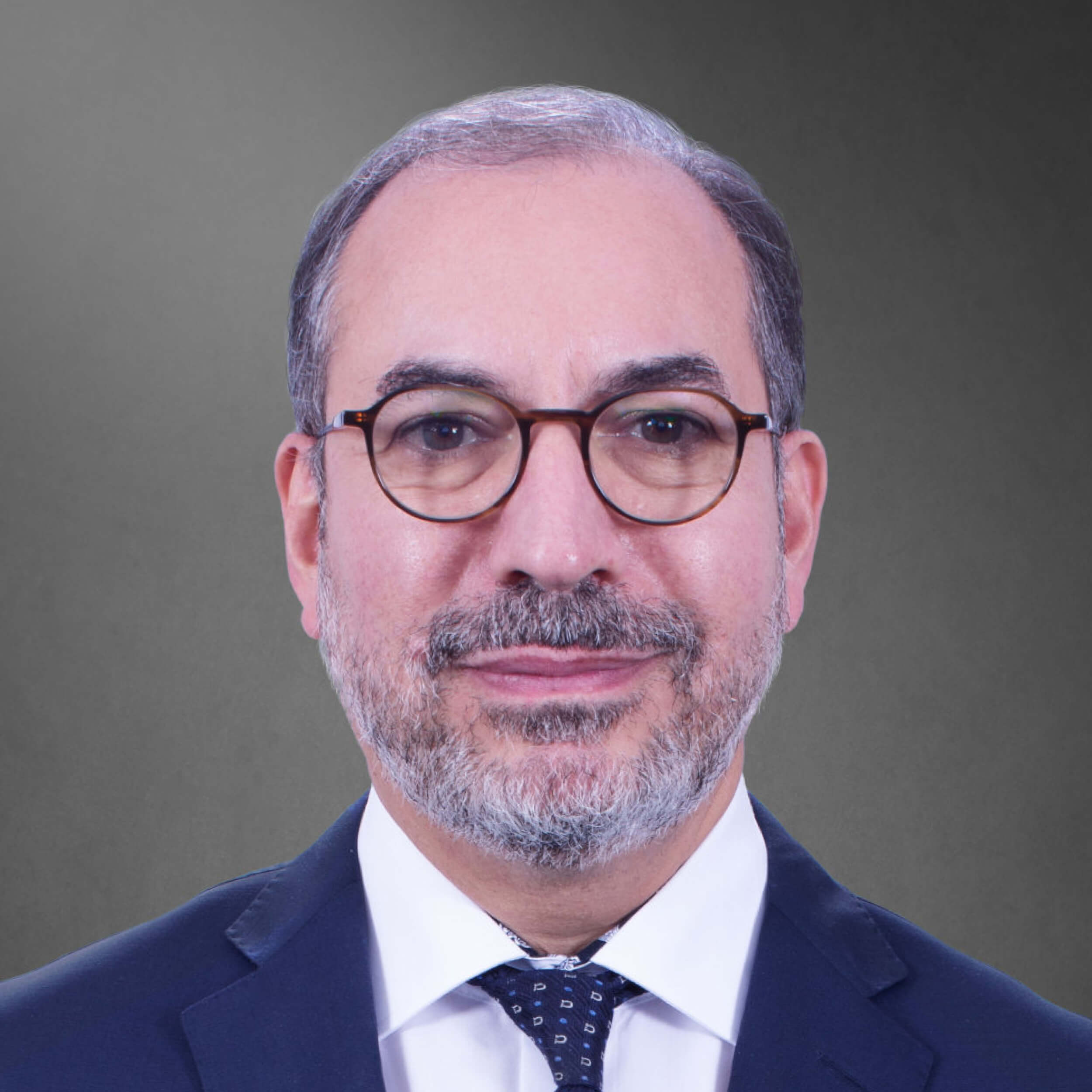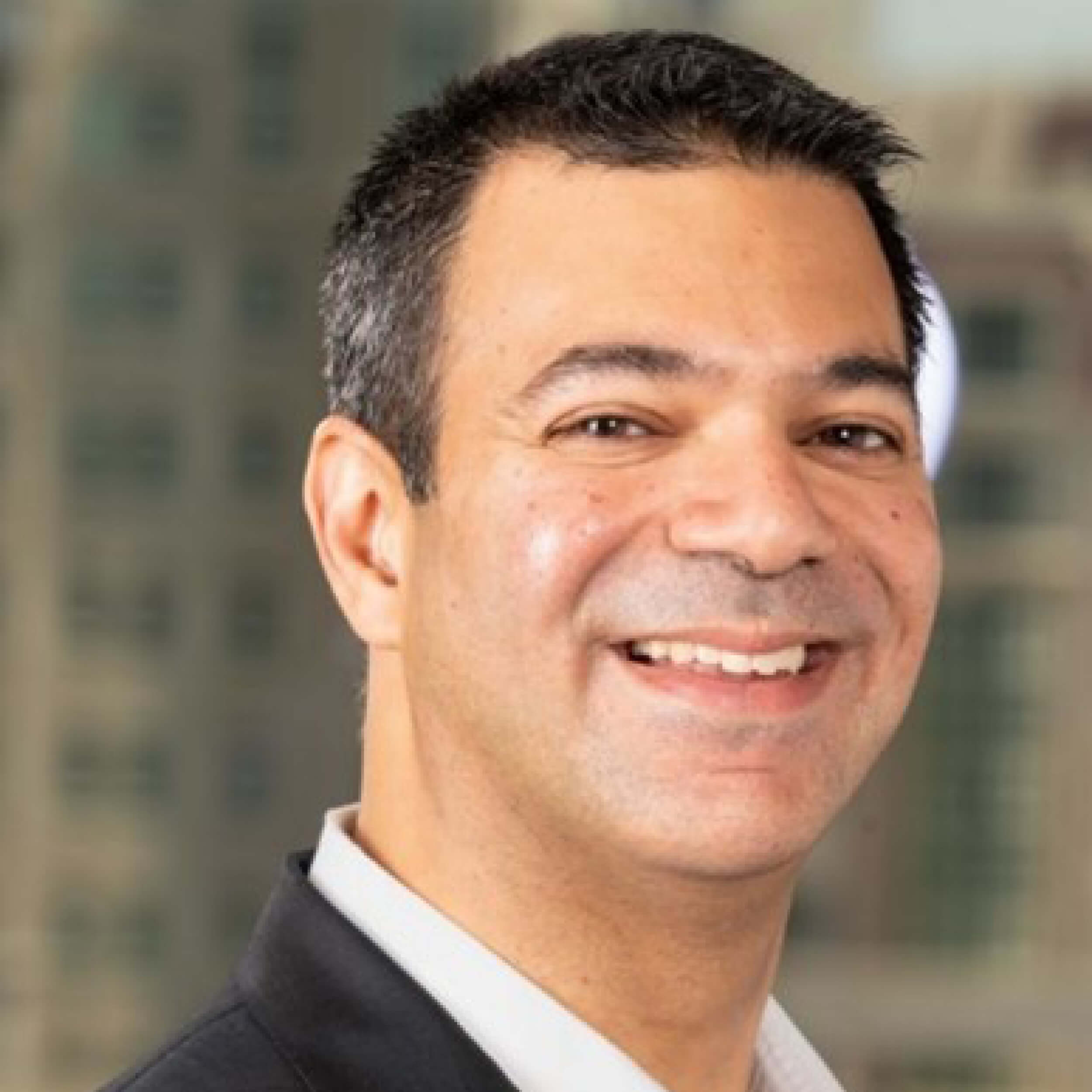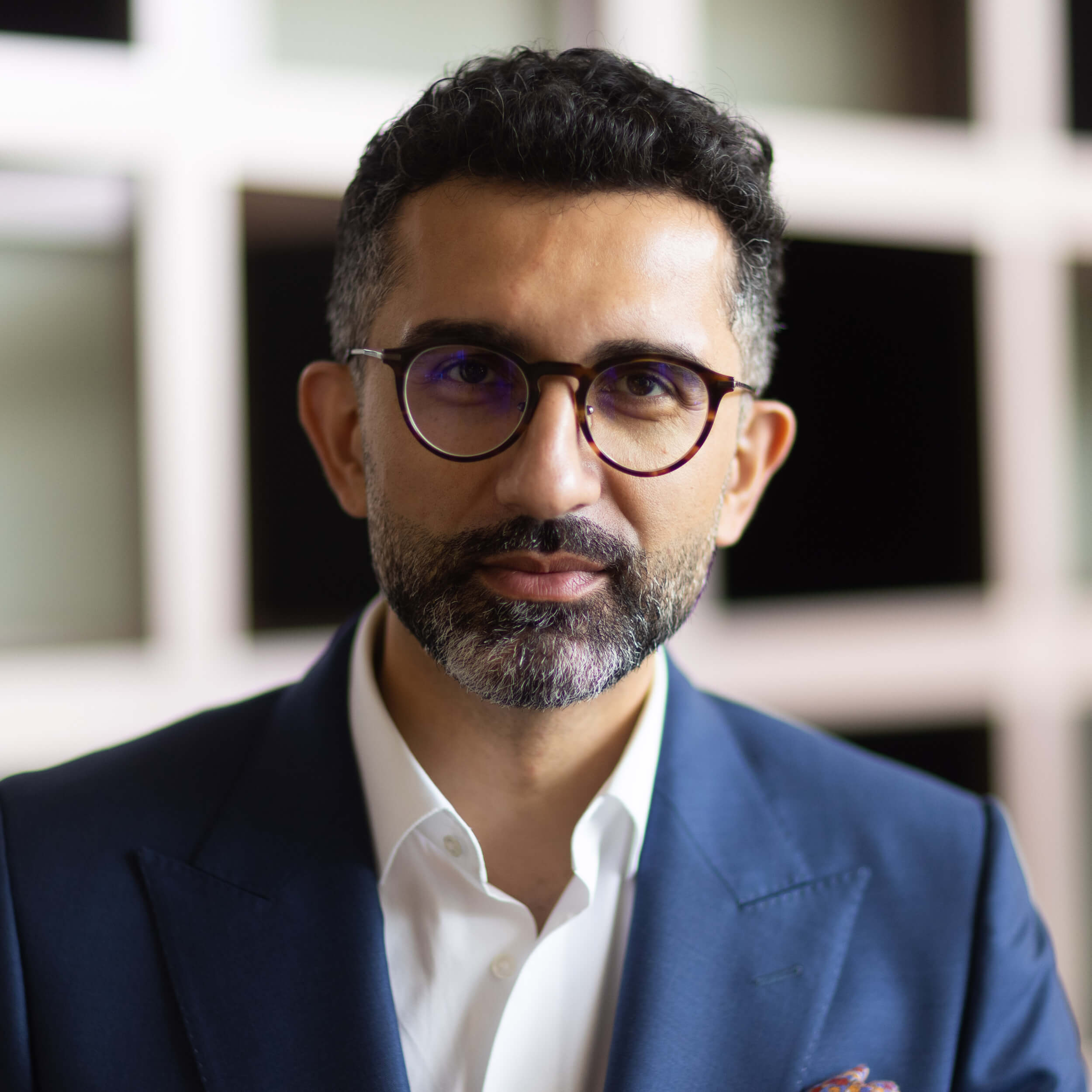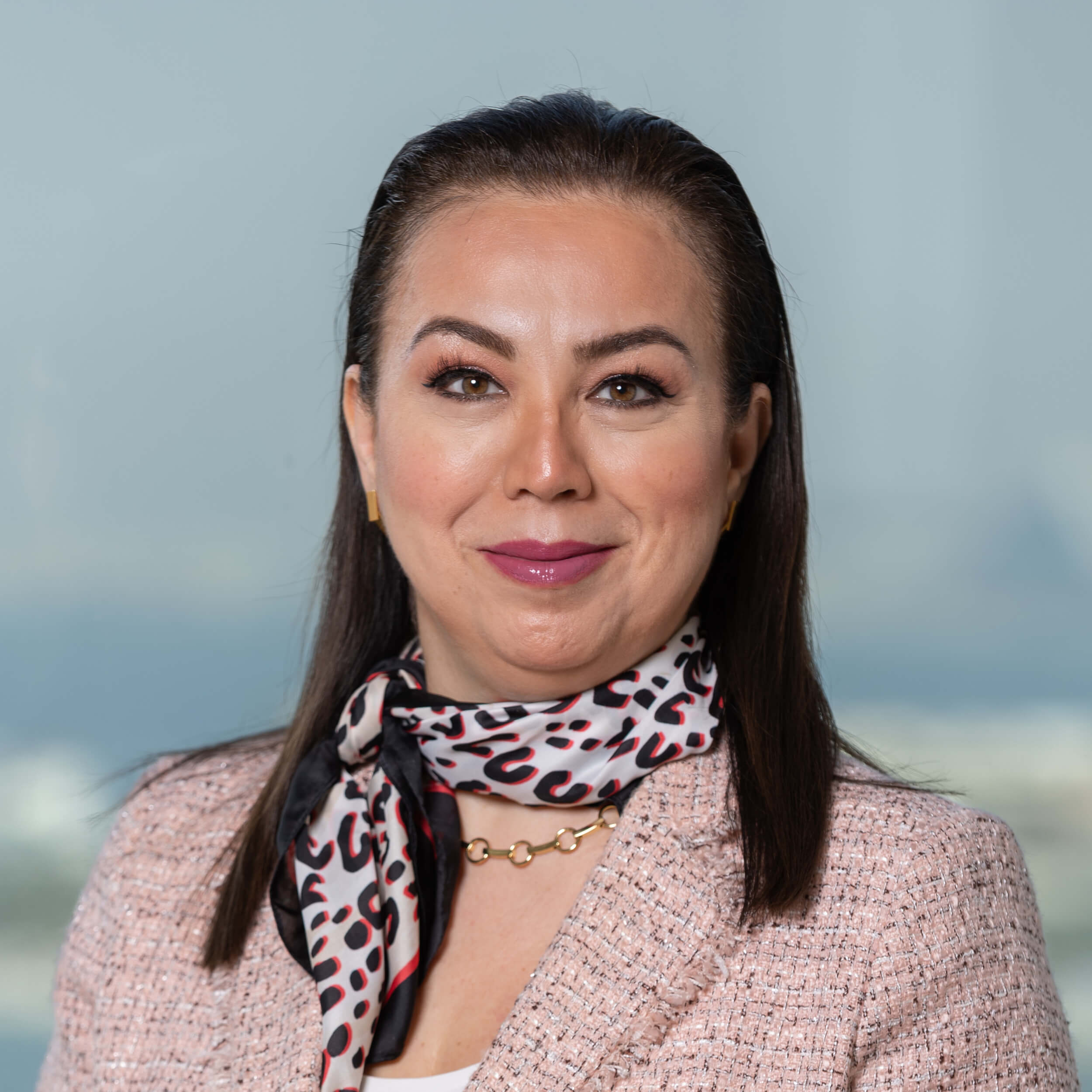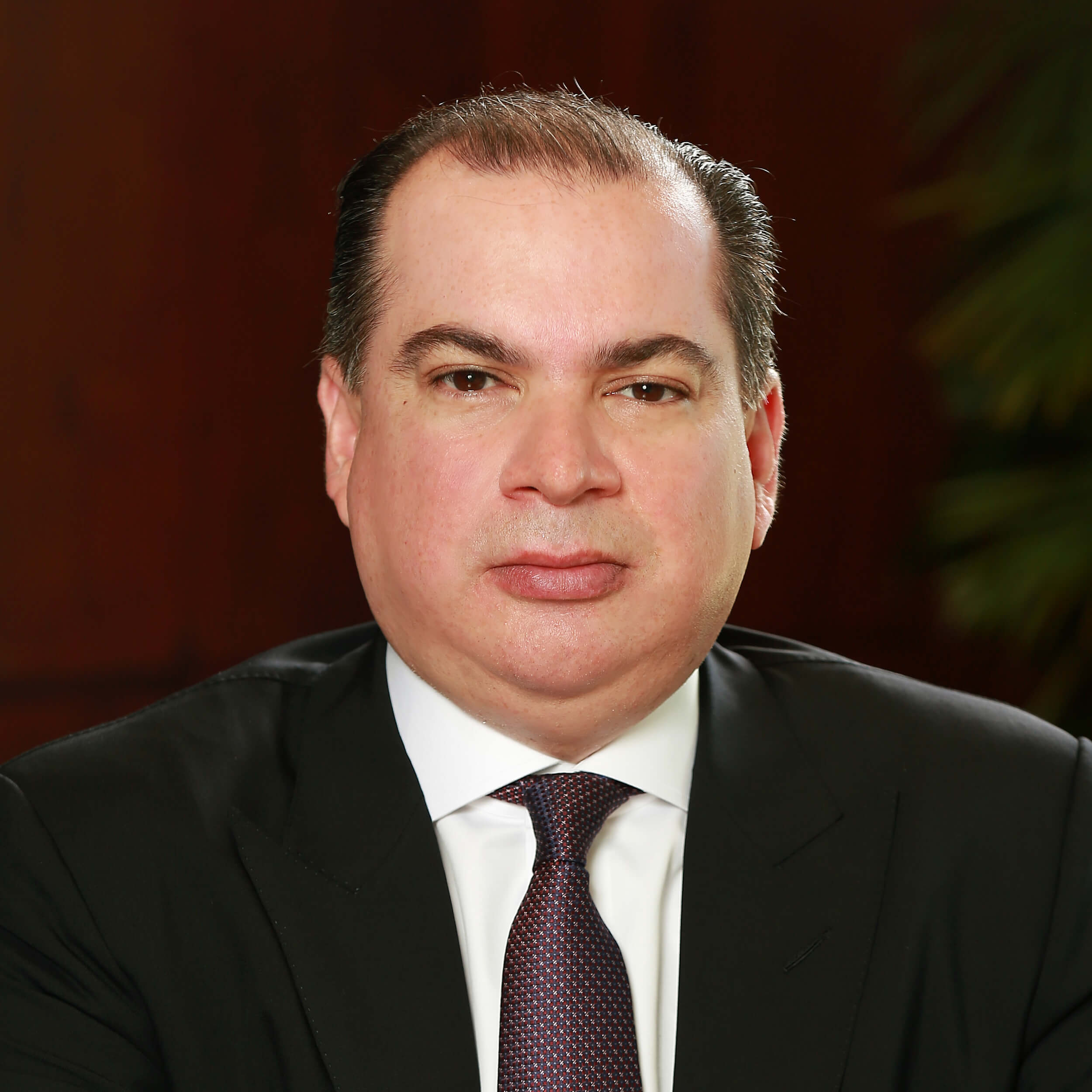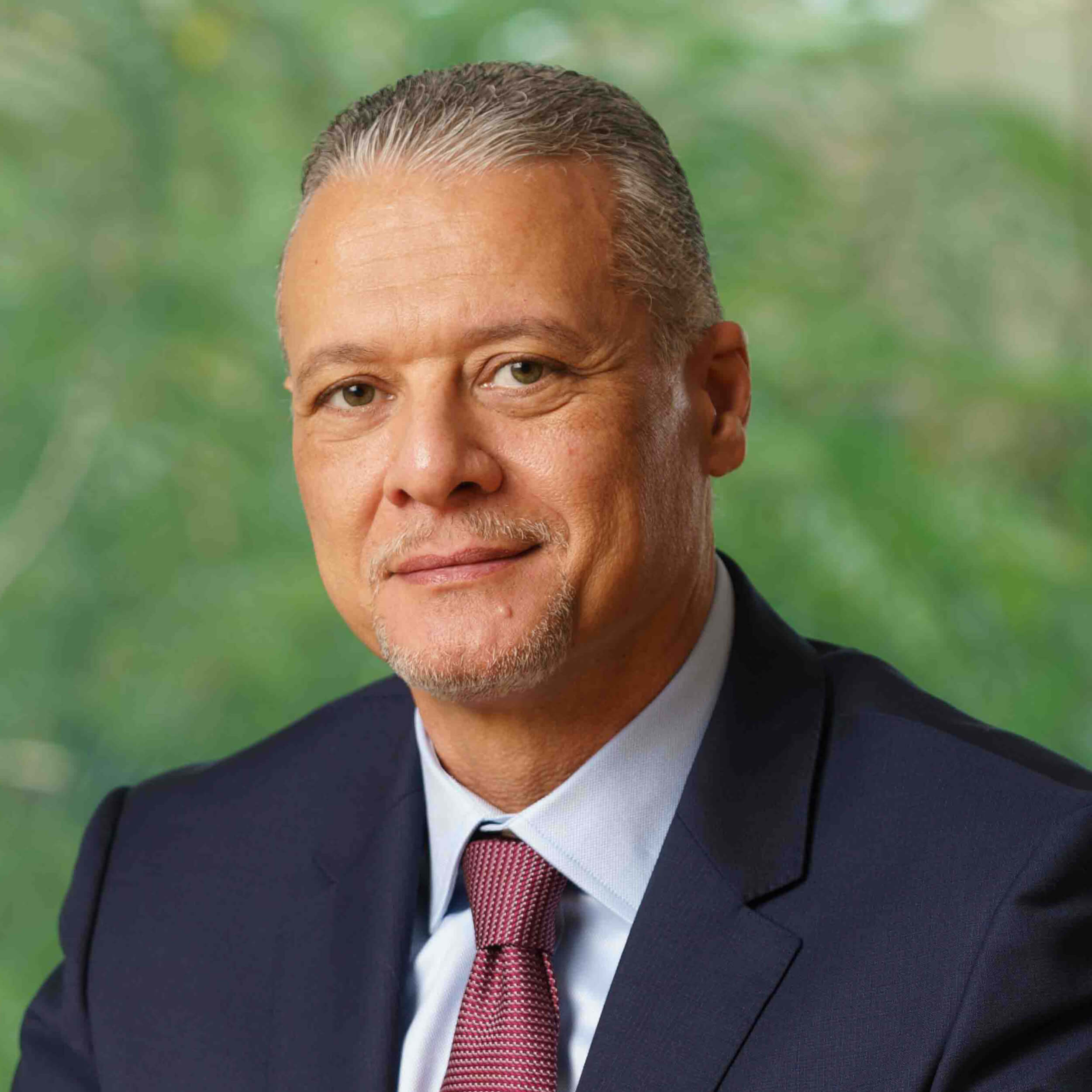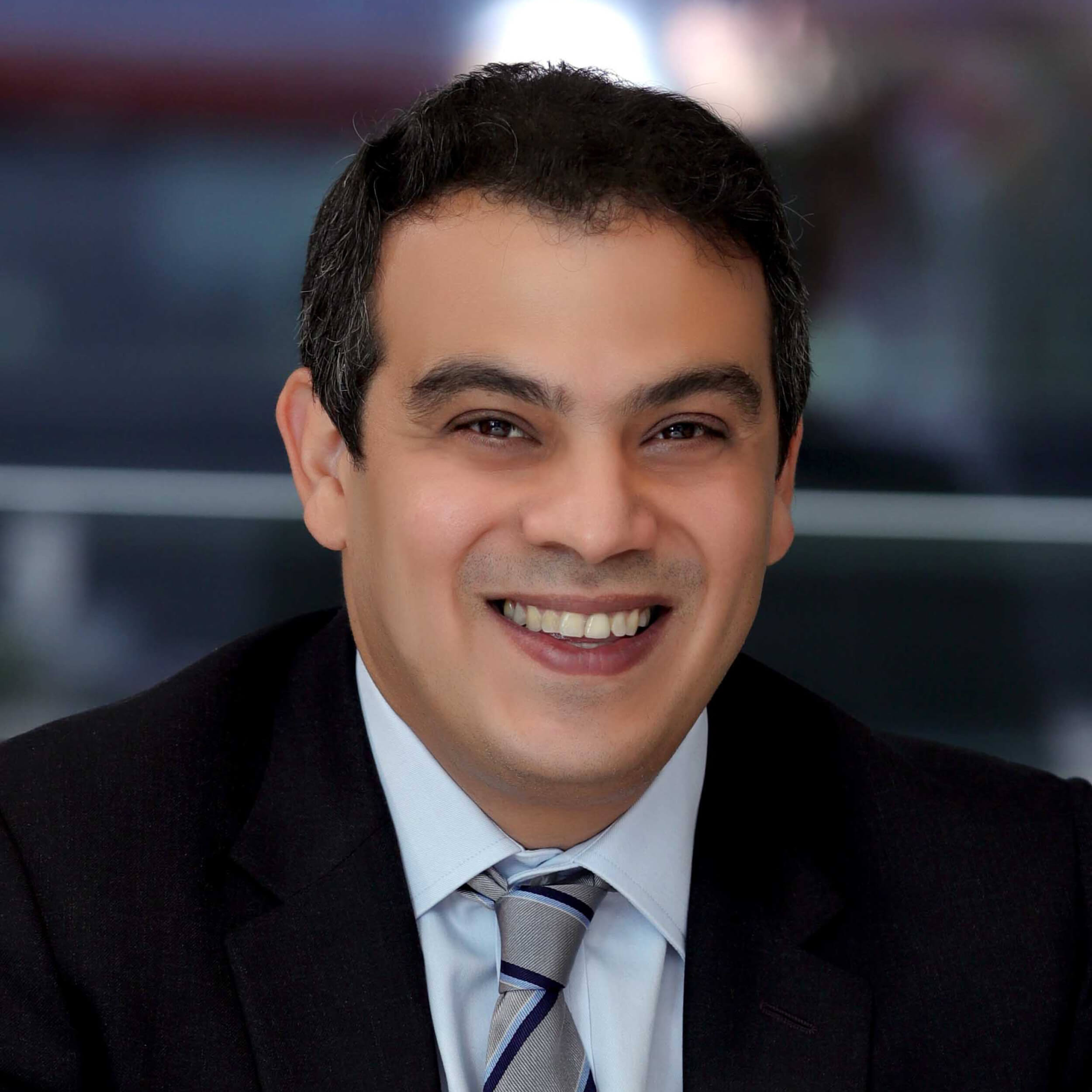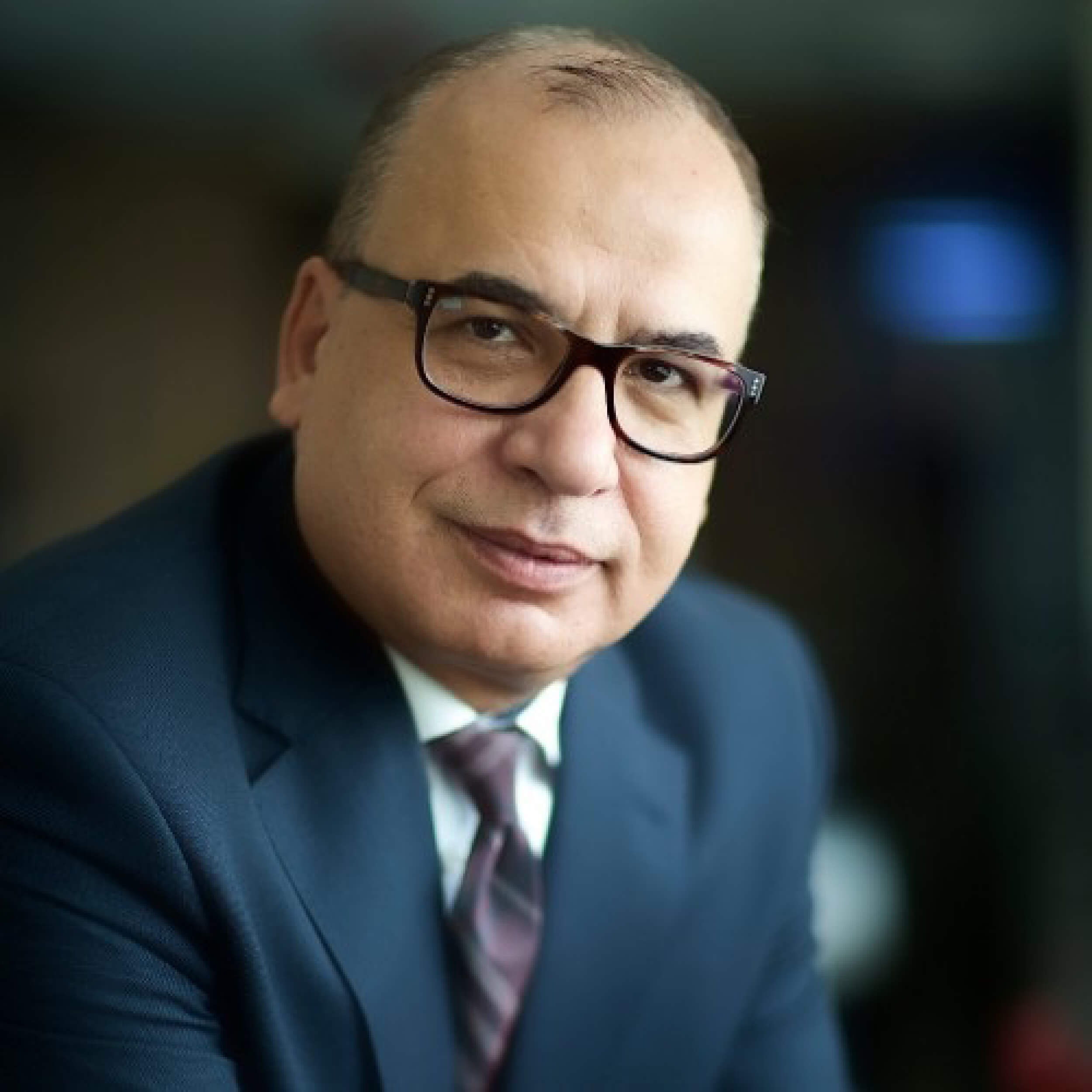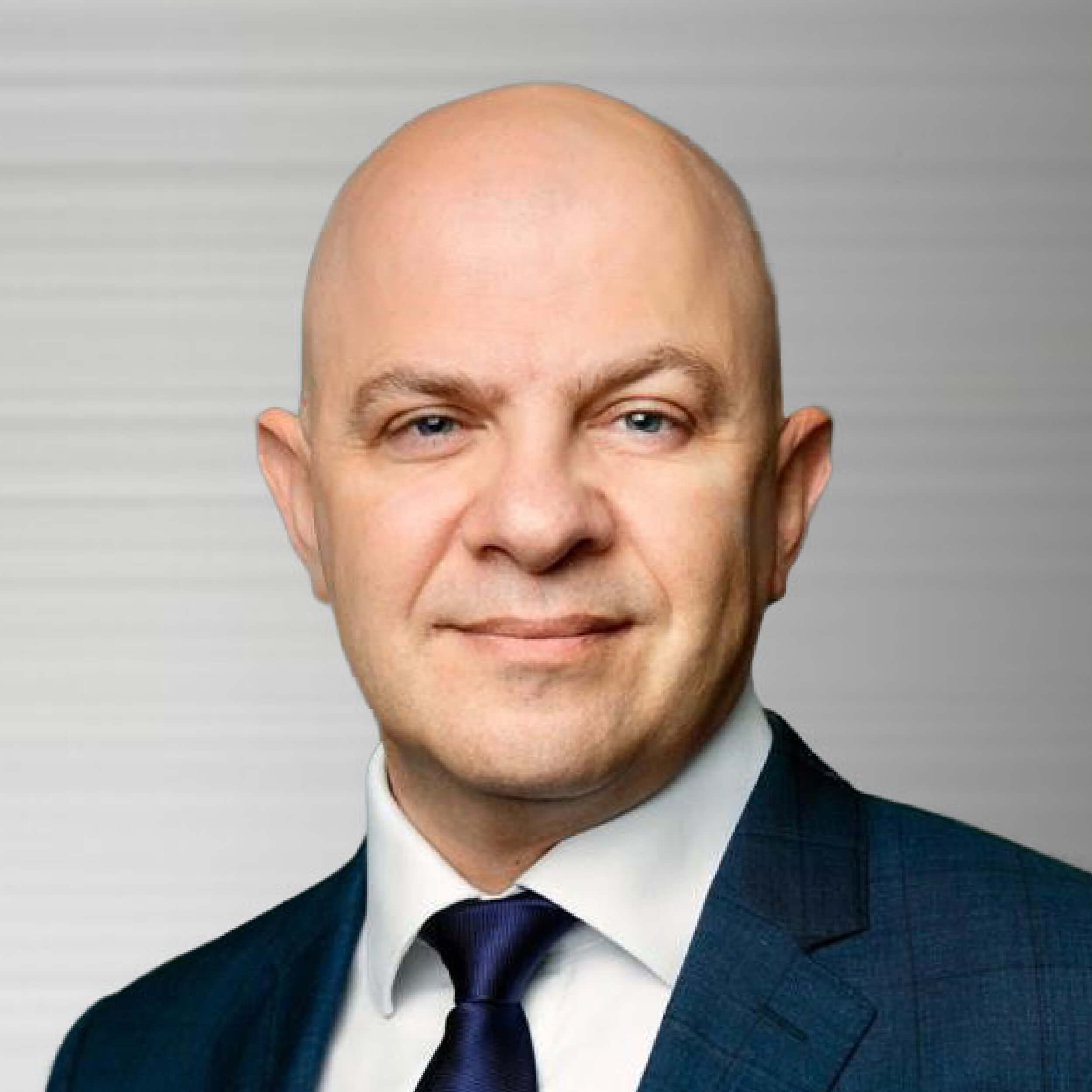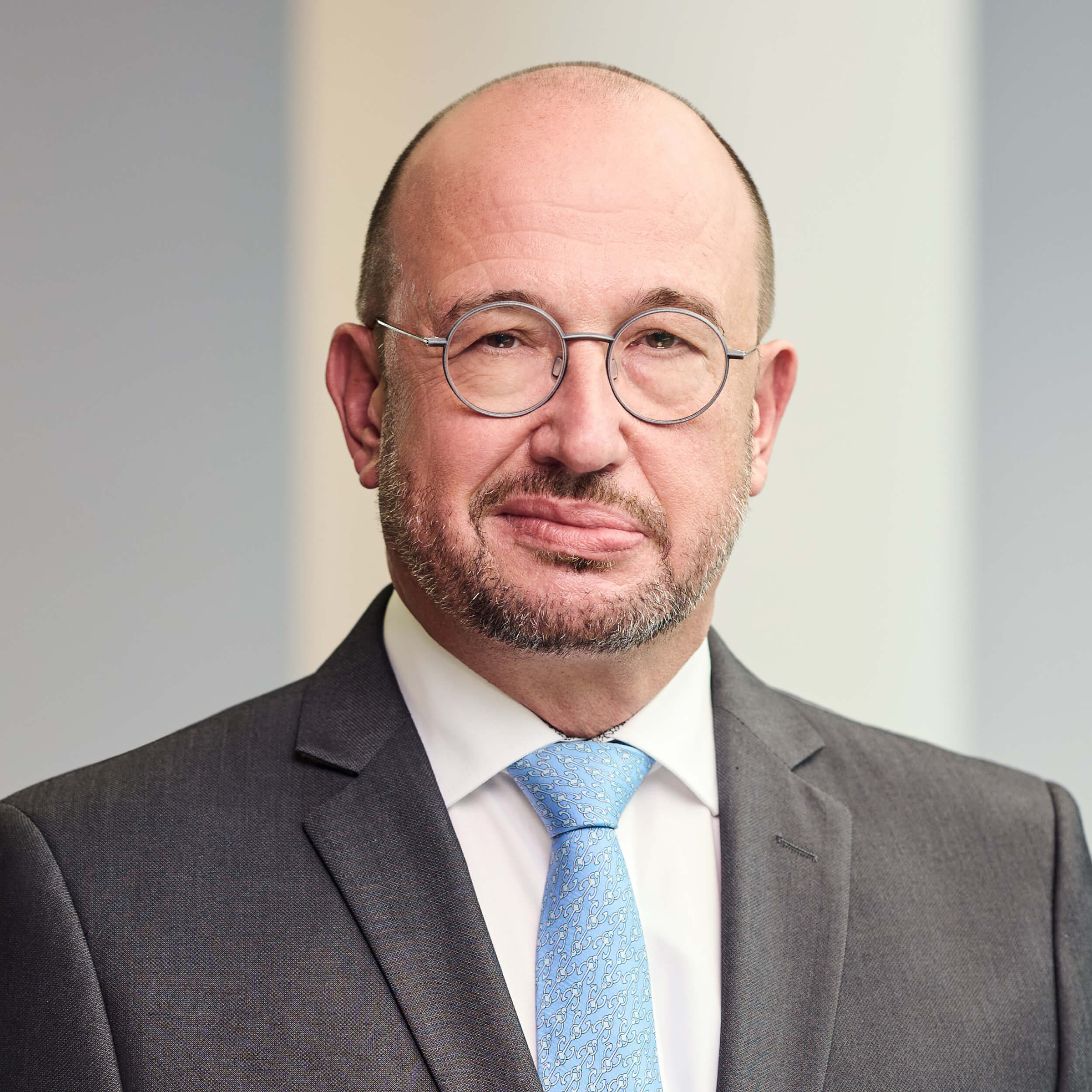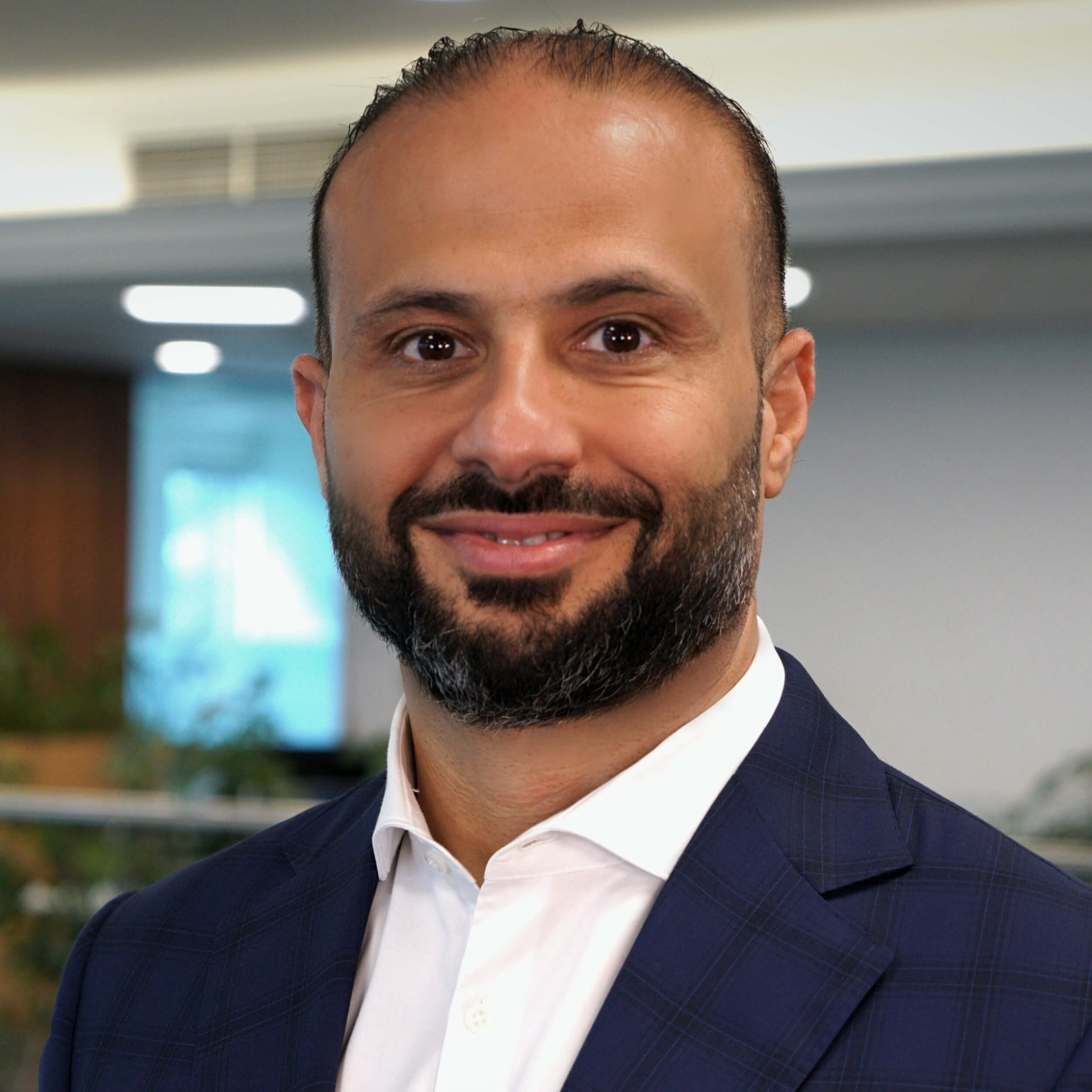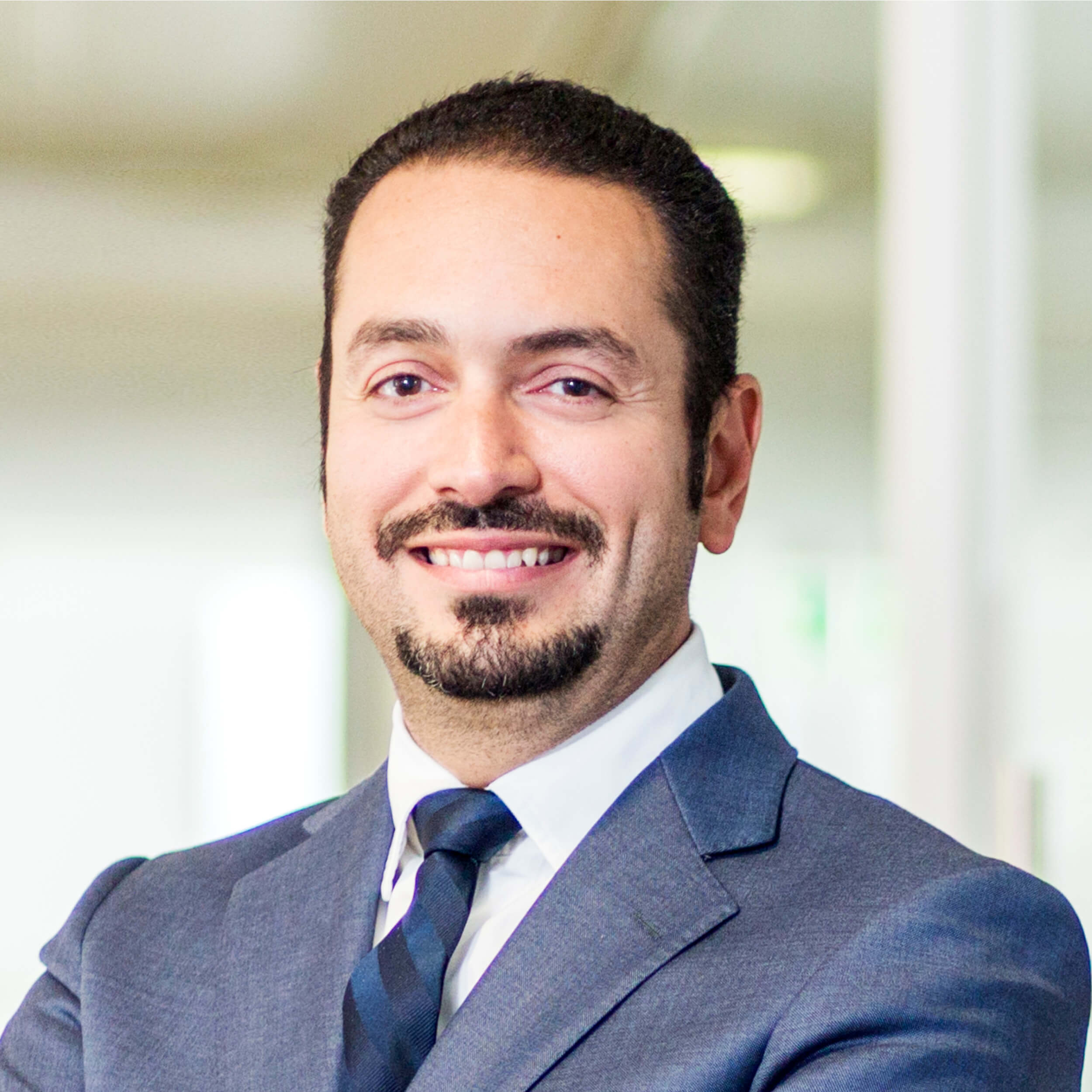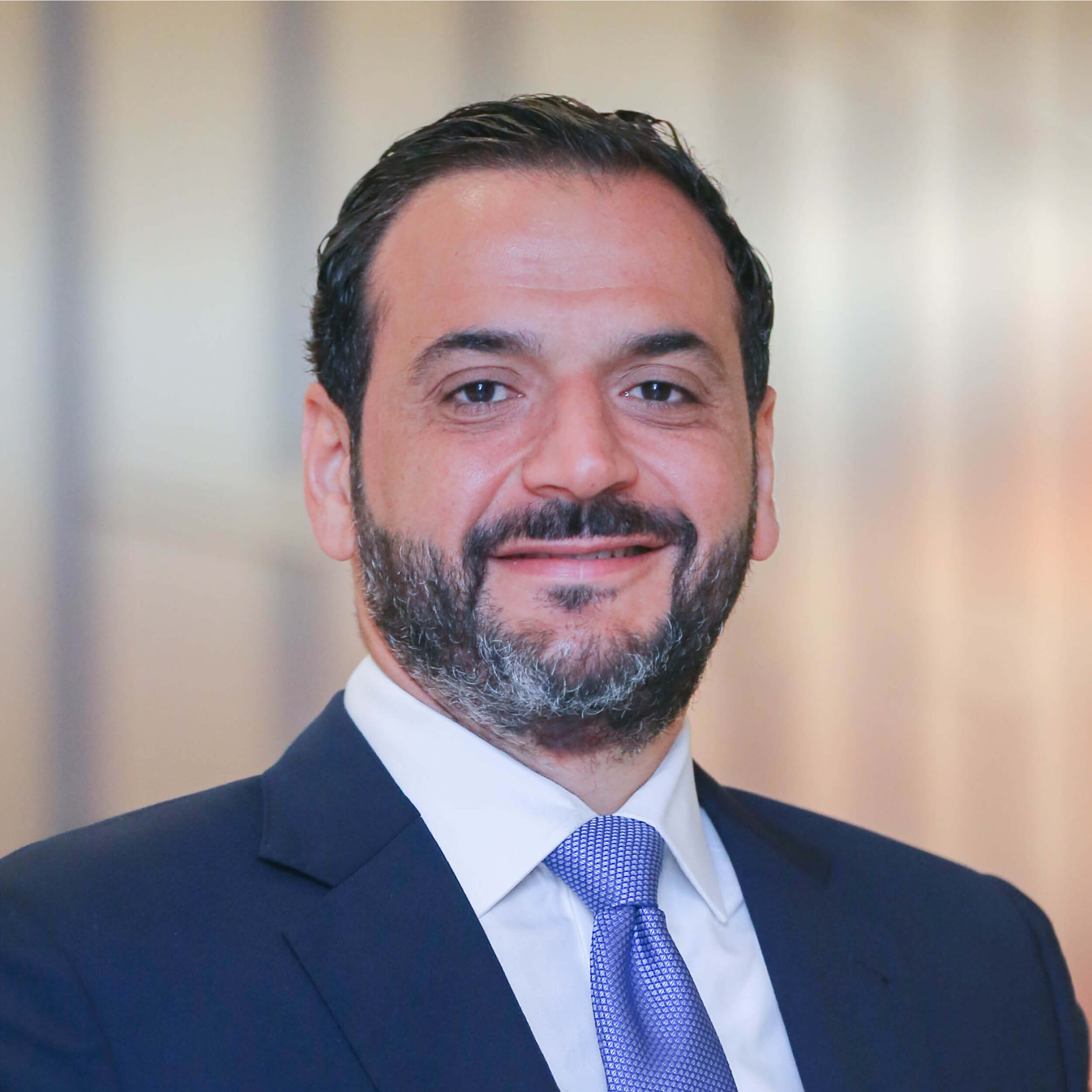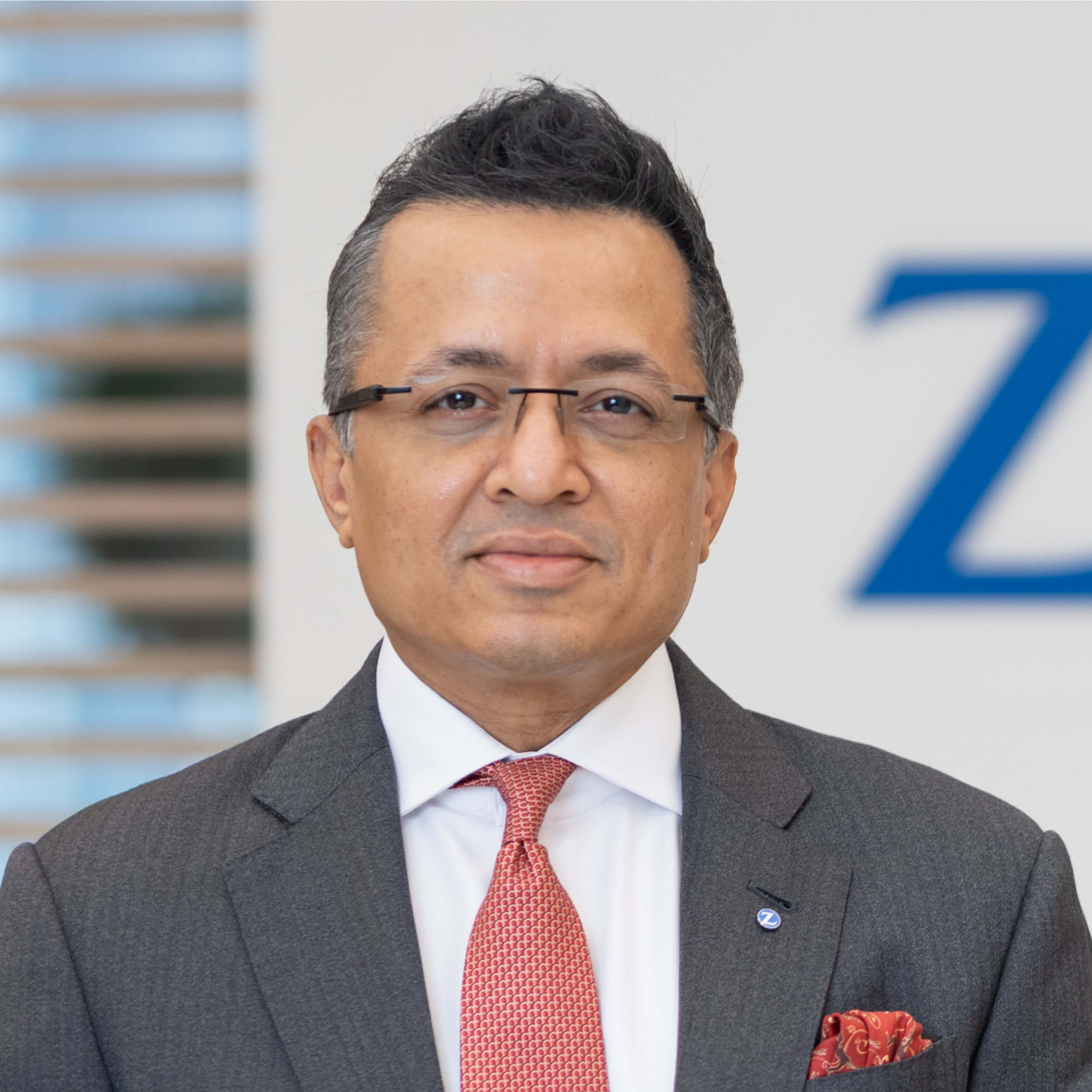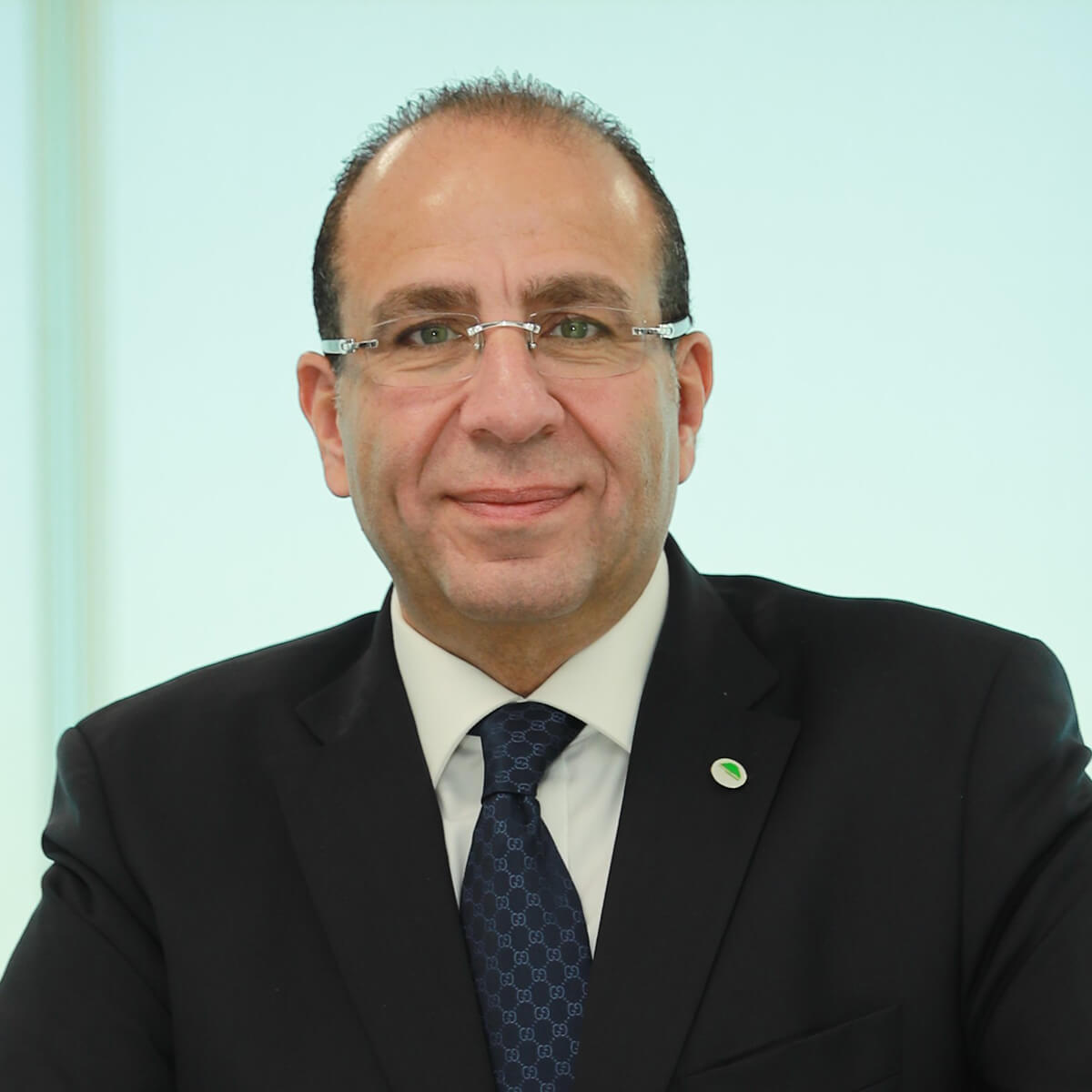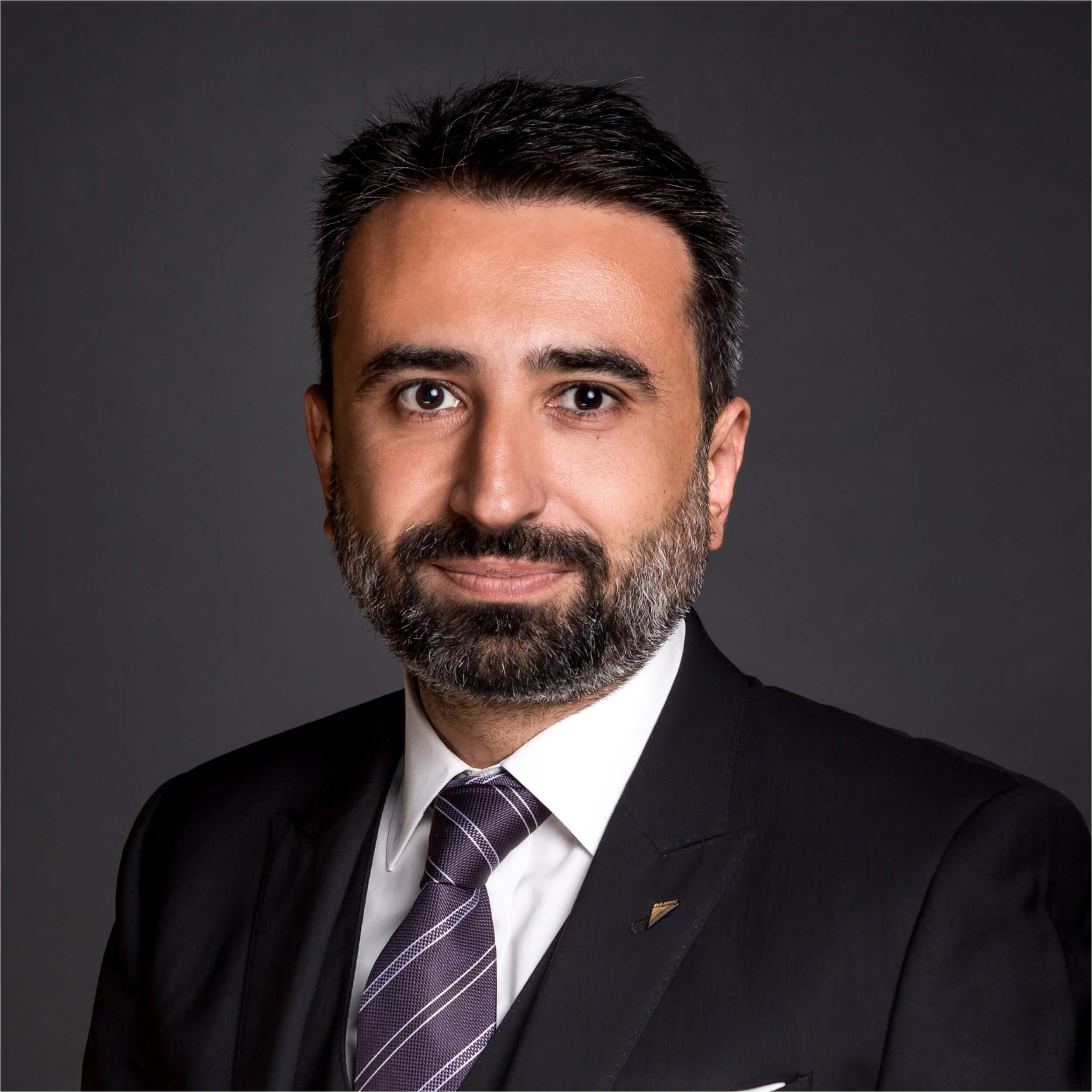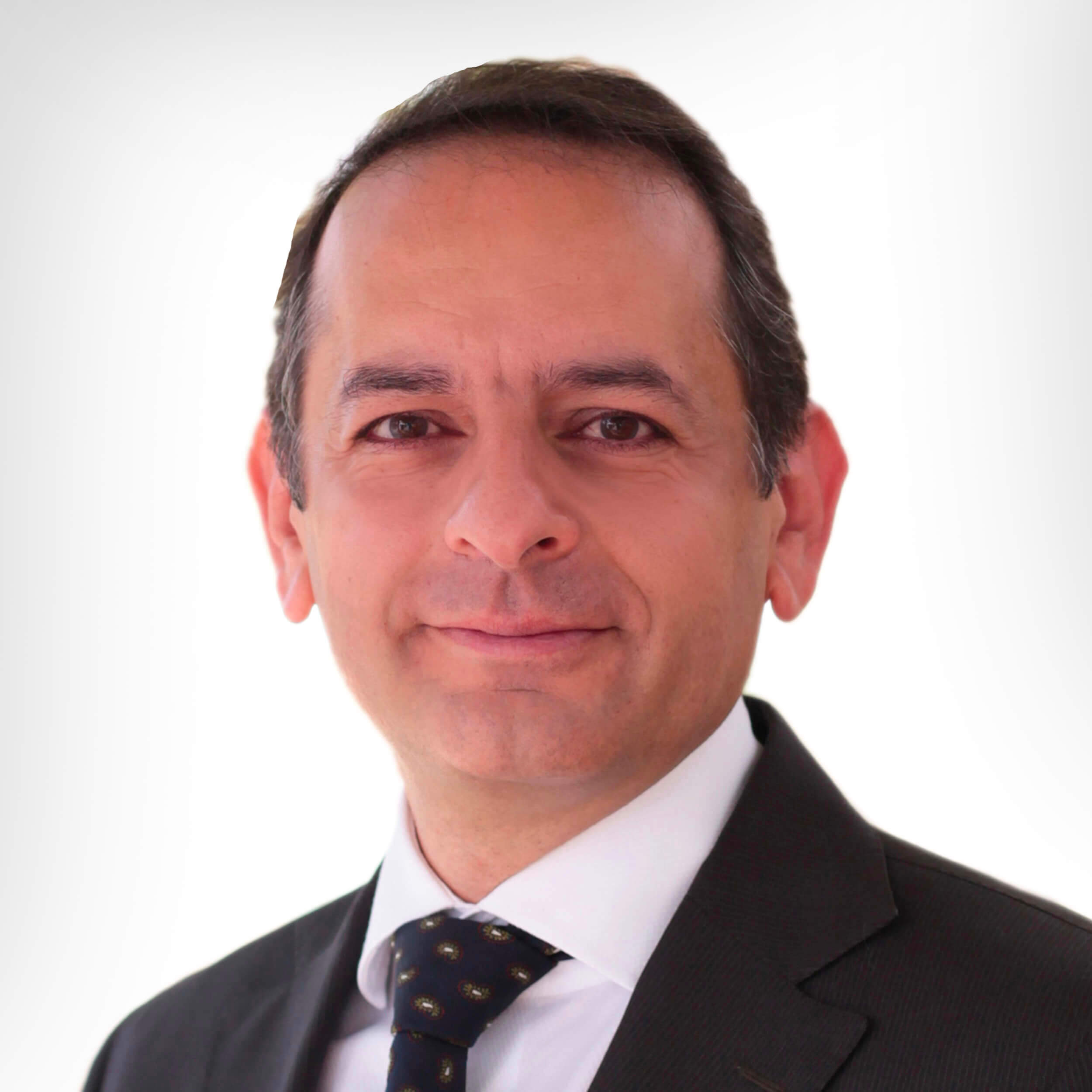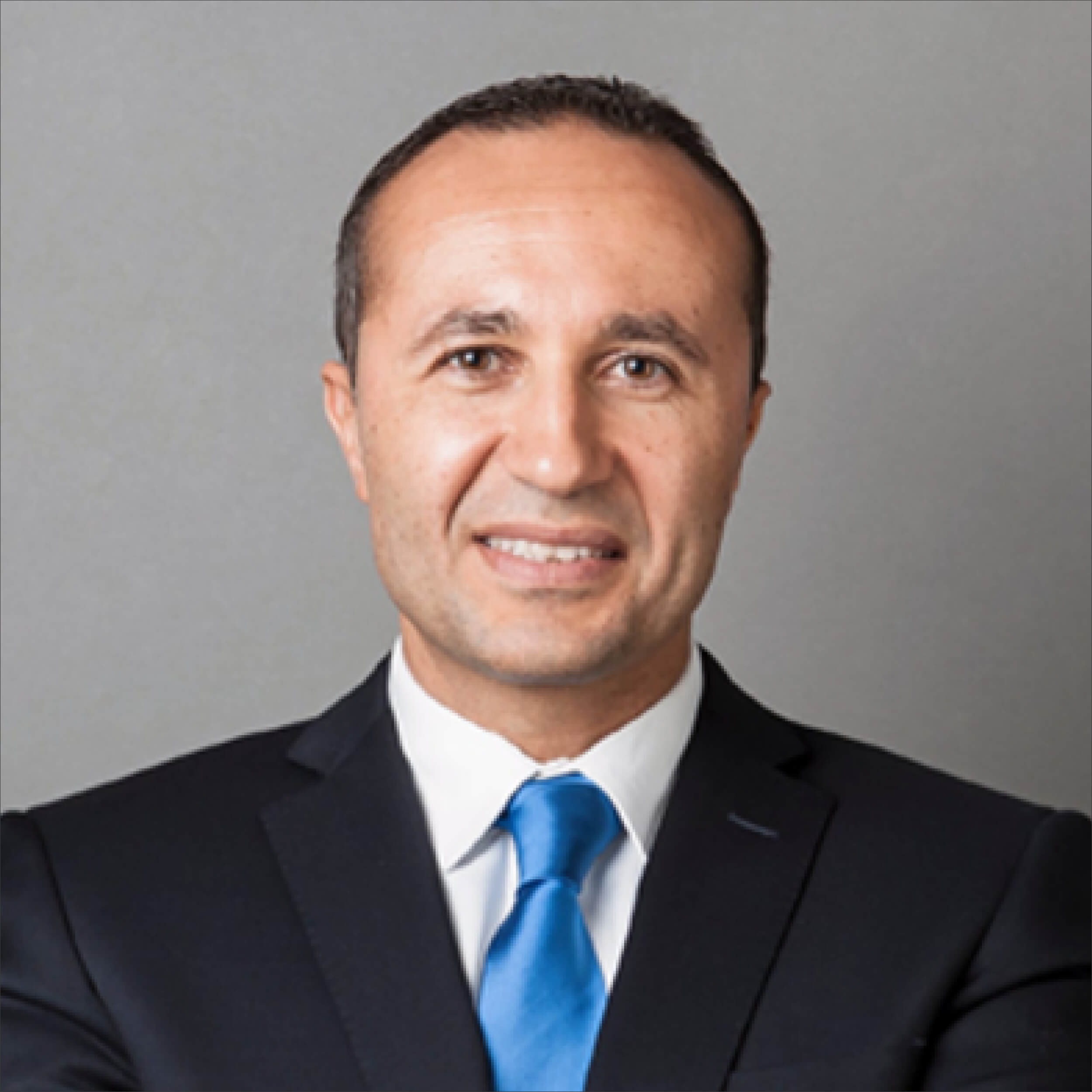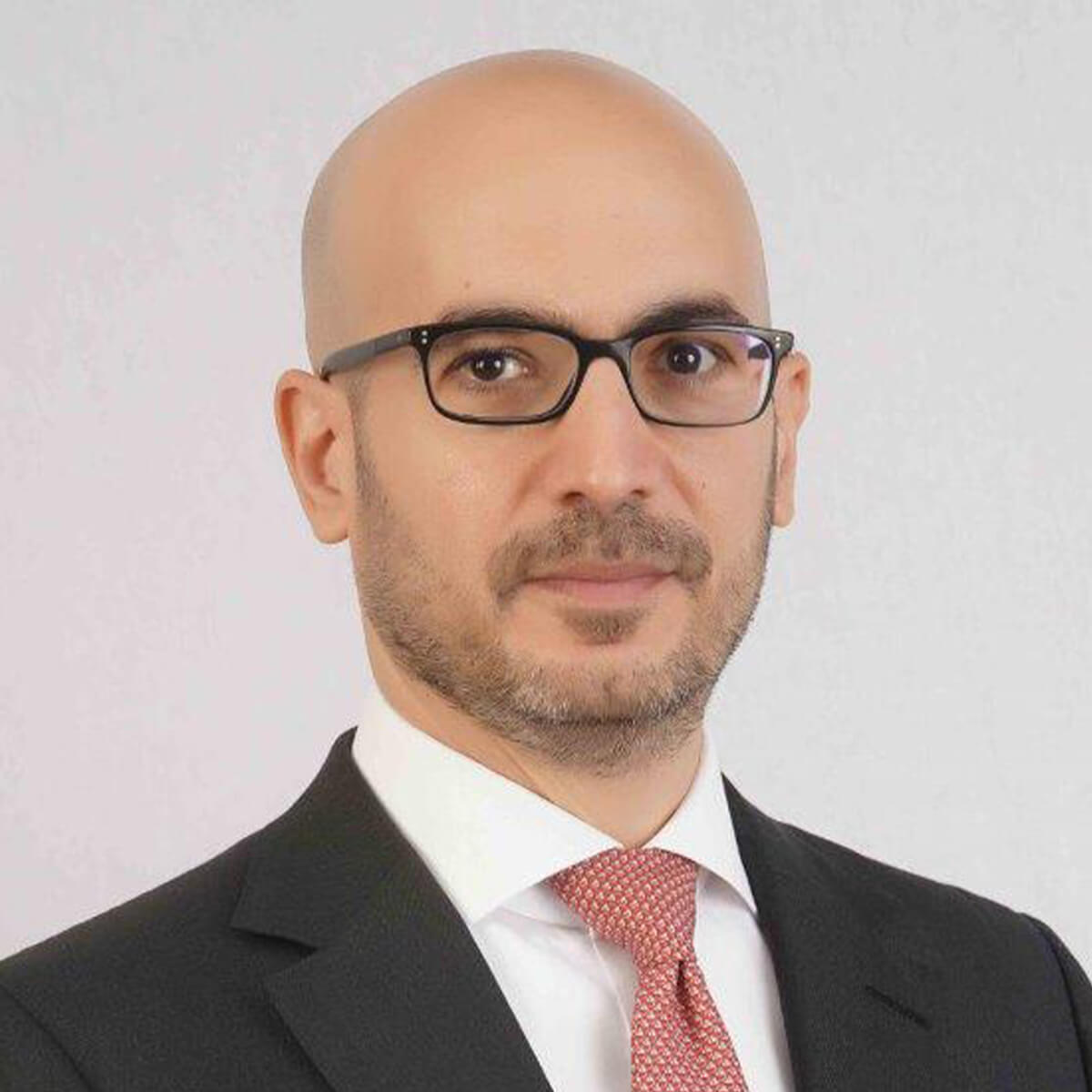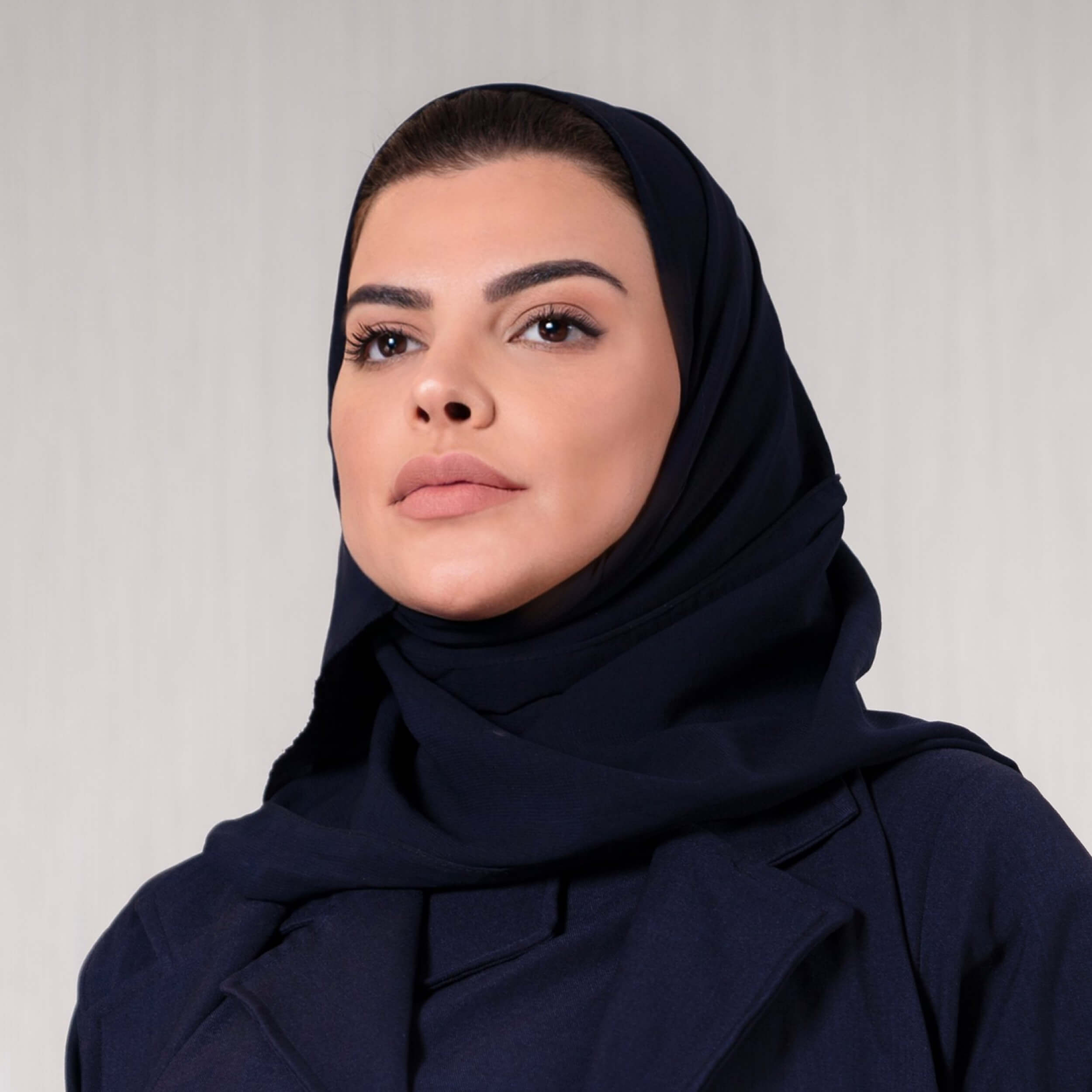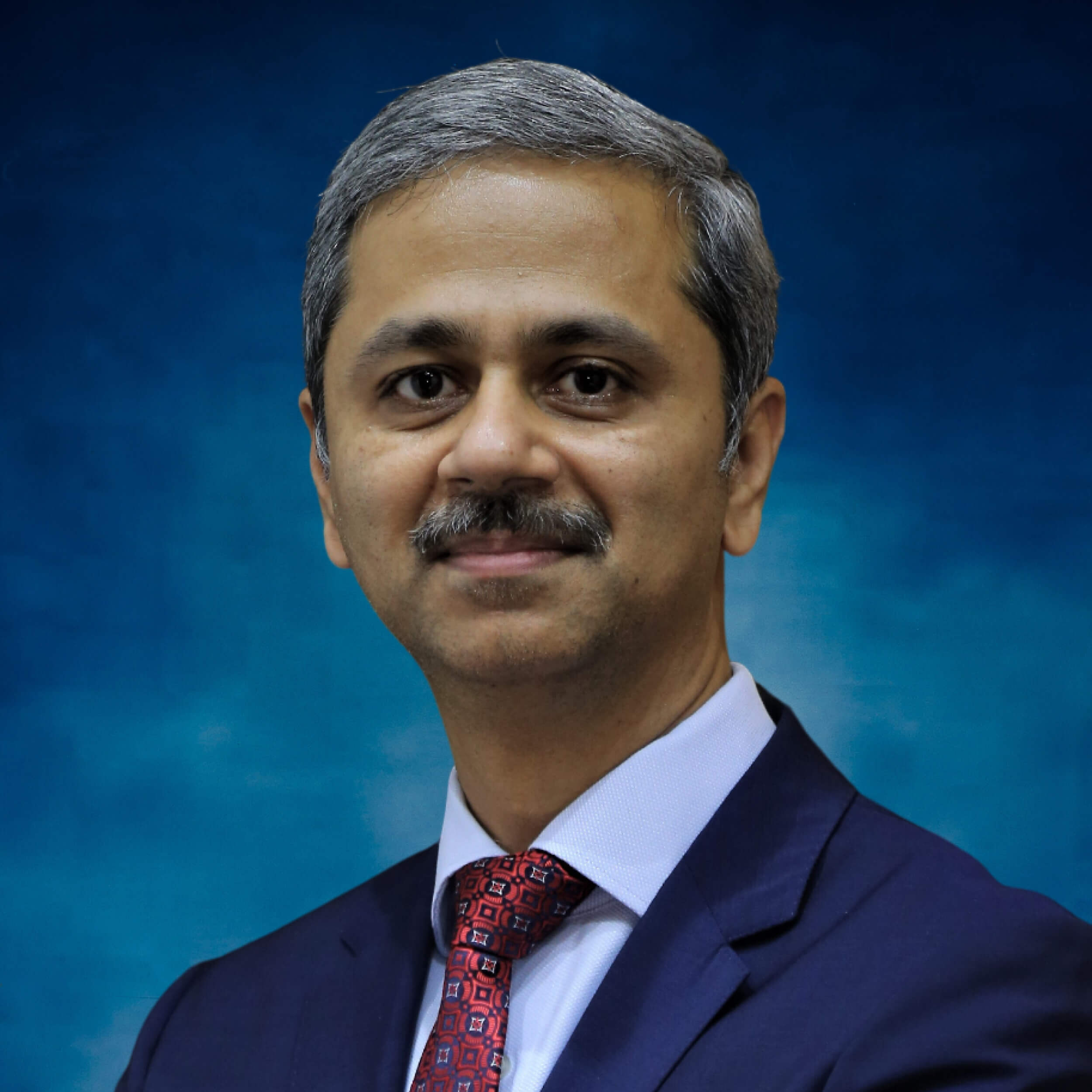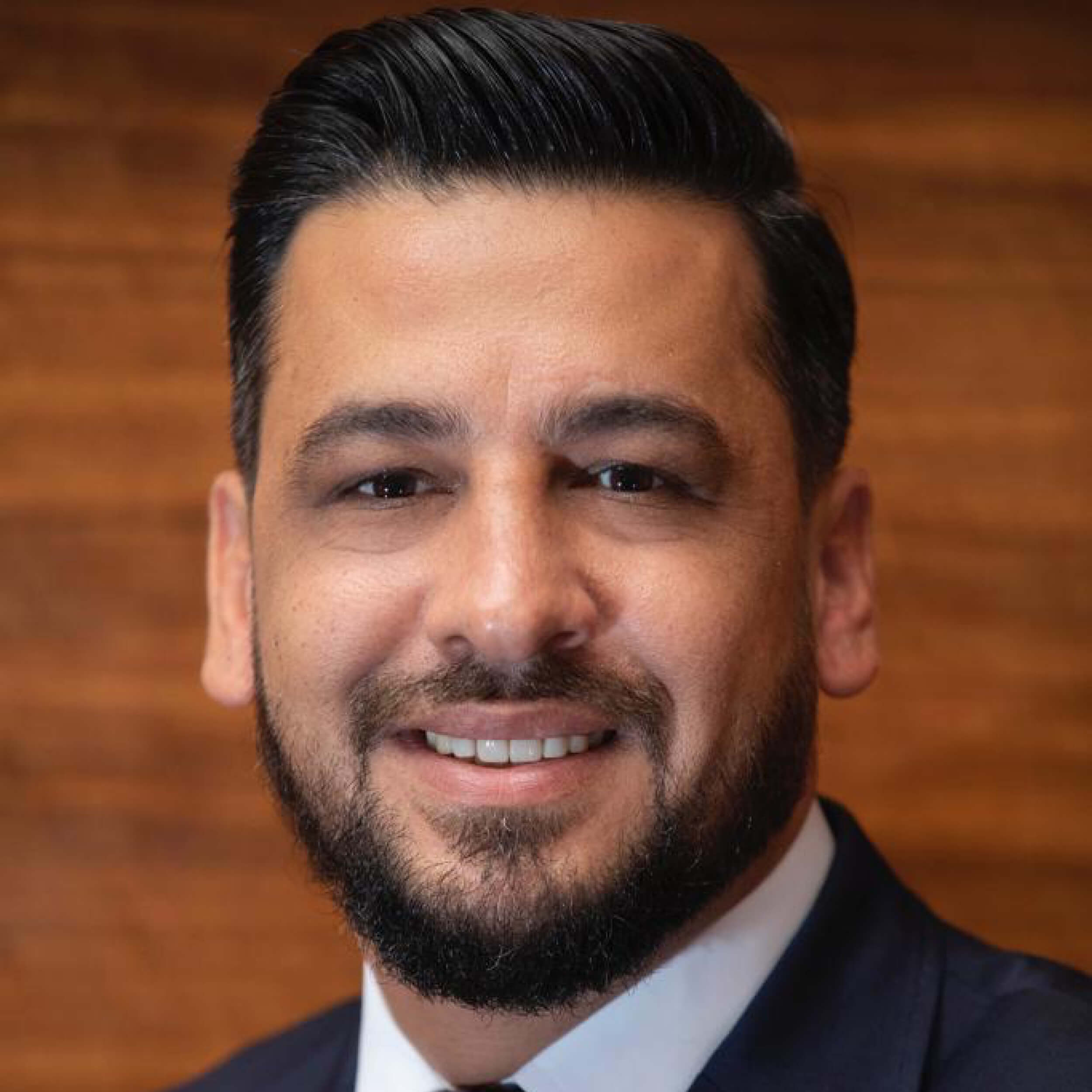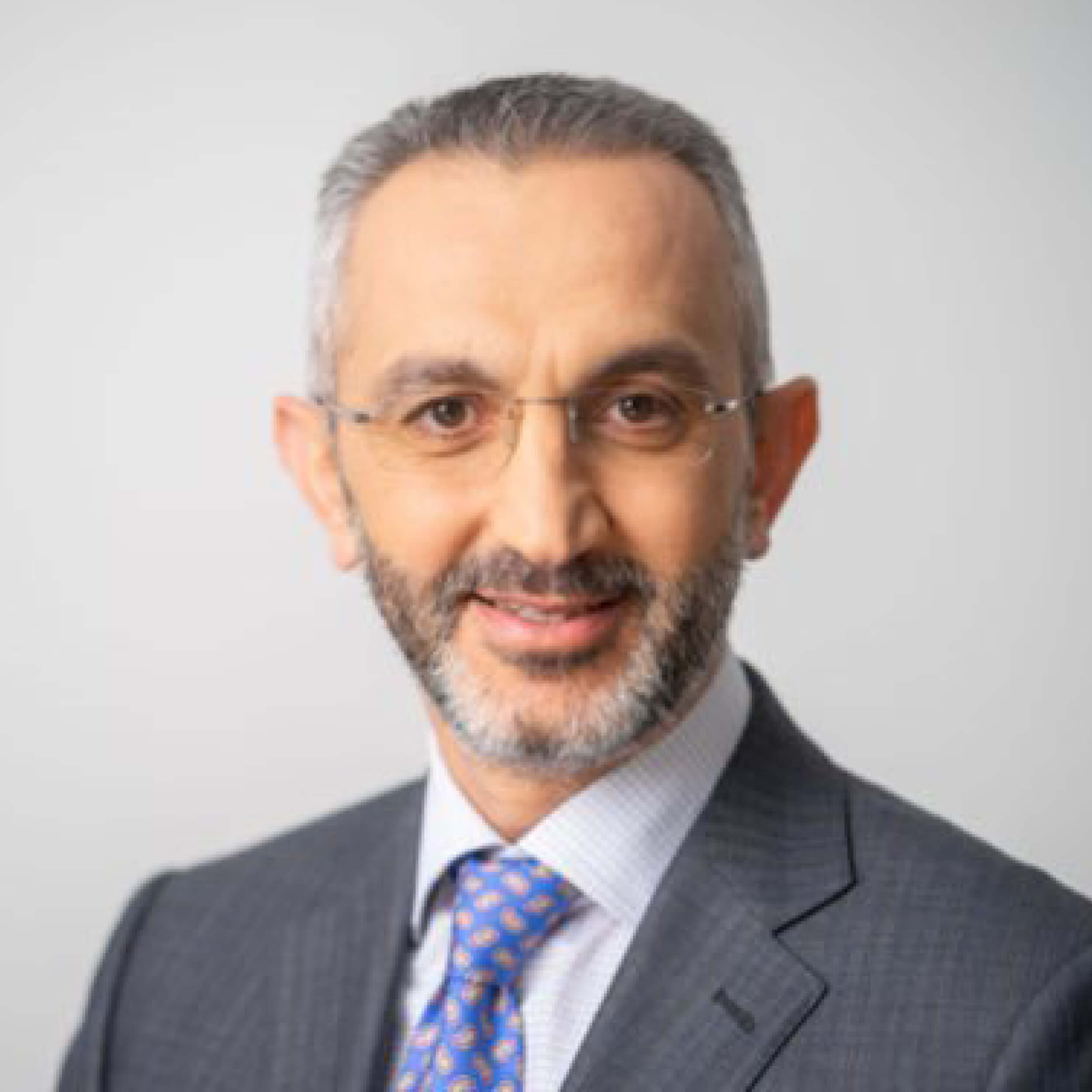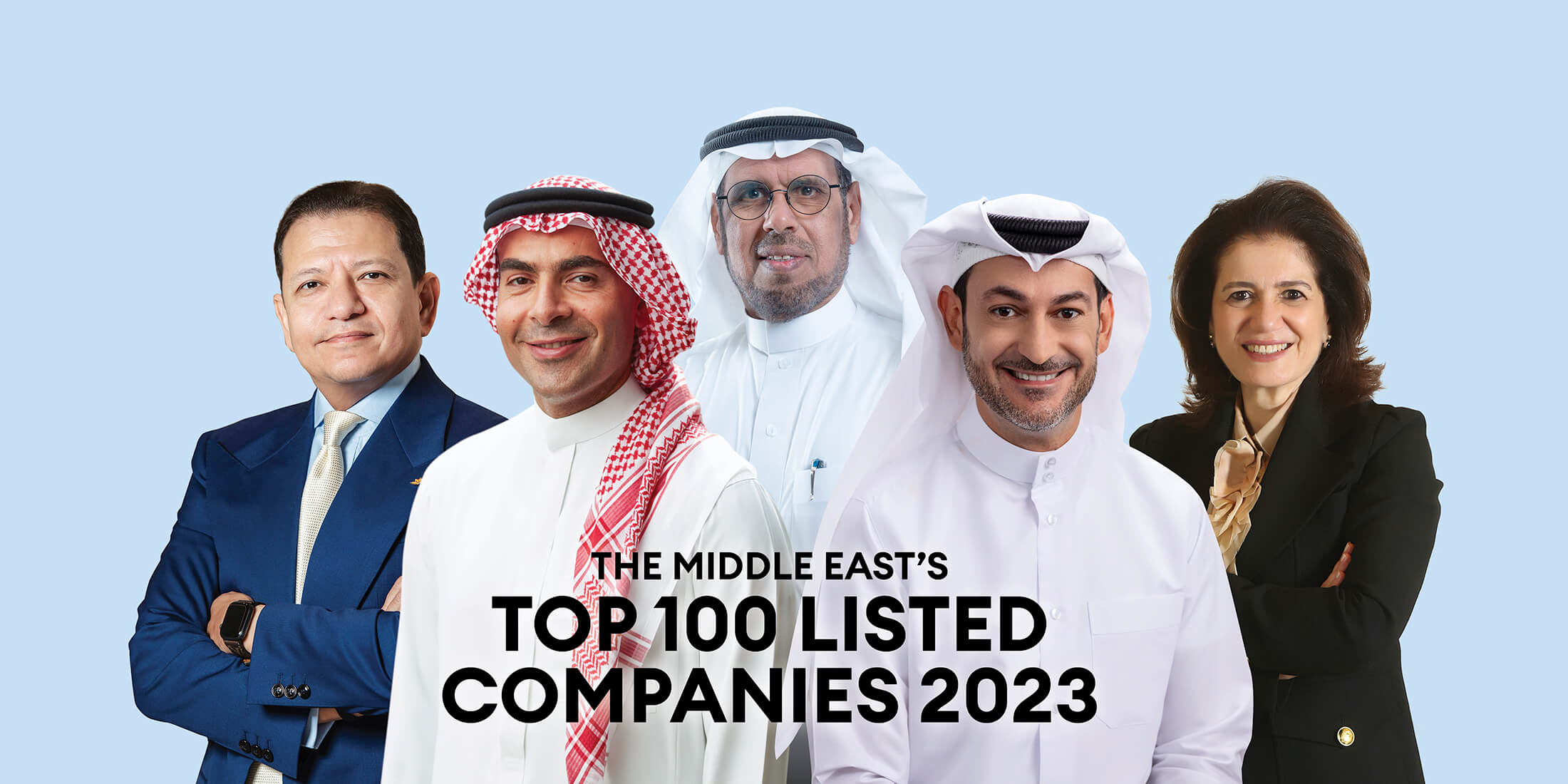Global Meets Local 2023


International companies have been playing a pivotal role in driving economic growth and development in MENA for decades. Their presence fosters healthy competition, driving local companies to innovate and improve their offerings to remain competitive, spurring economic diversification. They also contribute to transferring knowledge, expertise, and technology into the region and to local partners, making it more attractive for further investments.
Most importantly, those companies bring foreign direct investment (FDI) into the region, injecting much-needed capital for infrastructure development, technology transfer, and job creation, stimulating economic activity and modernizing industries, and improving production capabilities. In 2022, FDI reached a total of $51.8 billion in 15 ِArab countries, according to the UNCTAD. The U.A.E., Egypt, and Saudi Arabia attracted a total of $22.74 billion, $11.4 billion, and $7.89 billion, respectively.
In an era of increasing globalization, our eleventh annual Global Meets Local ranking explores how multinational corporations are effectively navigating the unique business landscapes of the region while simultaneously contributing to its economic growth, development, and cultural integration.
This year, the list features 103 executives from 100 companies. These are the top companies on the annual Forbes Global 2000 list that have significant regional offices in MENA, 48% of which originate from the U.S., with the rest based in 17 other countries.
The companies hail from 33 different sectors, reflecting the diversified activities that multinational corporations are conducting in the region. The technology sector tops the list with 15 entries, followed by 11 pharmaceutical companies and seven firms operating in the automotive industry.
The executives represent 41 nationalities. France, India, and Lebanon, lead with 10 executives each, followed by the U.K. and Germany with eight and six executives, respectively.
Global Meets Local 2023
Methodology
To compile our Global Meets Local 2023 ranking, we first looked at this year’s Forbes Global 2000 list and identified those companies with significant operations in MENA. We then identified the top-ranking executive at the company’s regional headquarters and analyzed their impact and achievements. Executives had to be living in MENA to be considered.
We ranked the executives based on the following criteria:
• The impact that the executive has had on the region and the markets that they serve.
• The achievements and performance of the executive in the last year.
• The number and extensiveness of the sustainability and CSR initiatives led by the executive.
• Their designation and the geographical area that they oversee.
• The size of the business in terms of the number of employees, revenues if given, project value, and product reach.
• The number of years of industry experience the executive has and the time served in their current role.
• The rank of the global organization on the Forbes Global 2000 list.
Methodology
To compile our Global Meets Local 2023 ranking, we first looked at this year’s Forbes Global 2000 list and identified those companies with significant operations in MENA. We then identified the top-ranking executive at the company’s regional headquarters and analyzed their impact and achievements. Executives had to be living in MENA to be considered.
We ranked the executives based on the following criteria:
• The impact that the executive has had on the region and the markets that they serve.
• The achievements and performance of the executive in the last year.
• The number and extensiveness of the sustainability and CSR initiatives led by the executive.
• Their designation and the geographical area that they oversee.
• The size of the business in terms of the number of employees, revenues if given, project value, and product reach.
• The number of years of industry experience the executive has and the time served in their current role.
• The rank of the global organization on the Forbes Global 2000 list.
